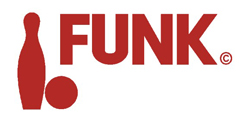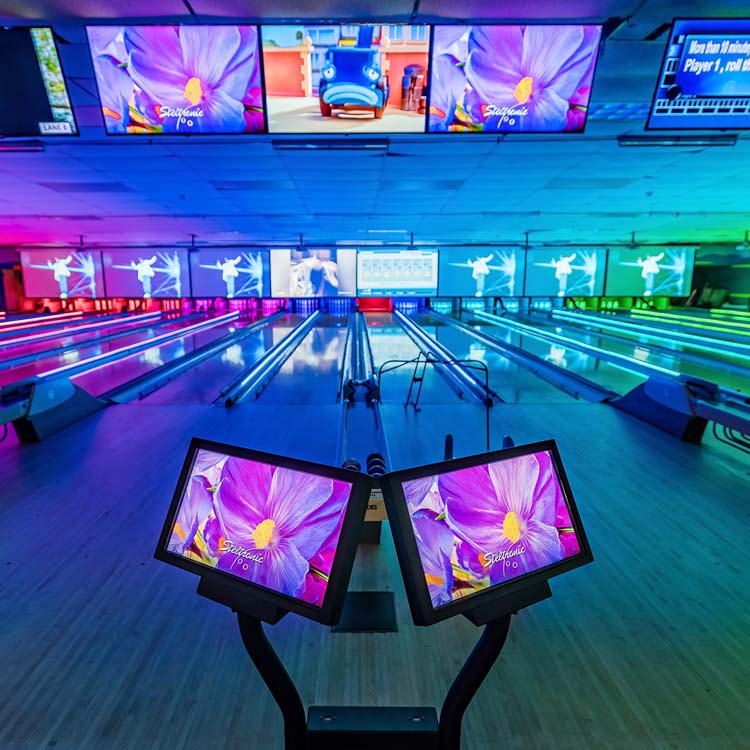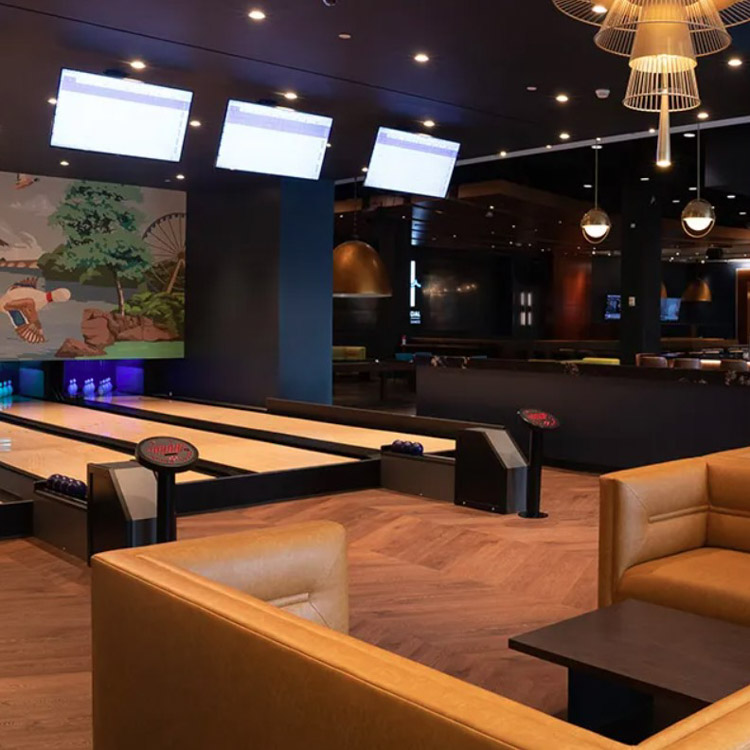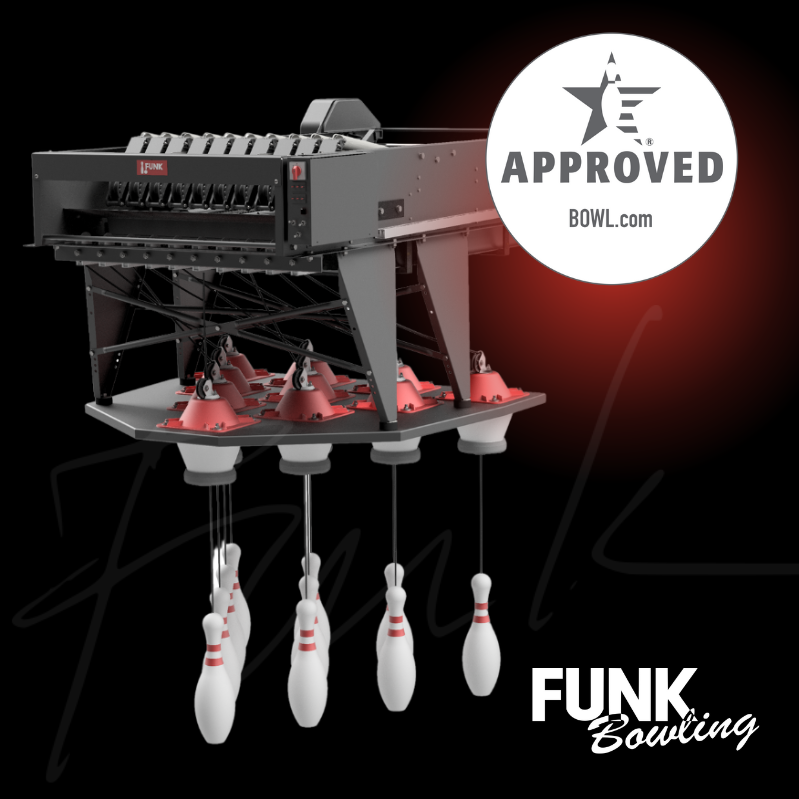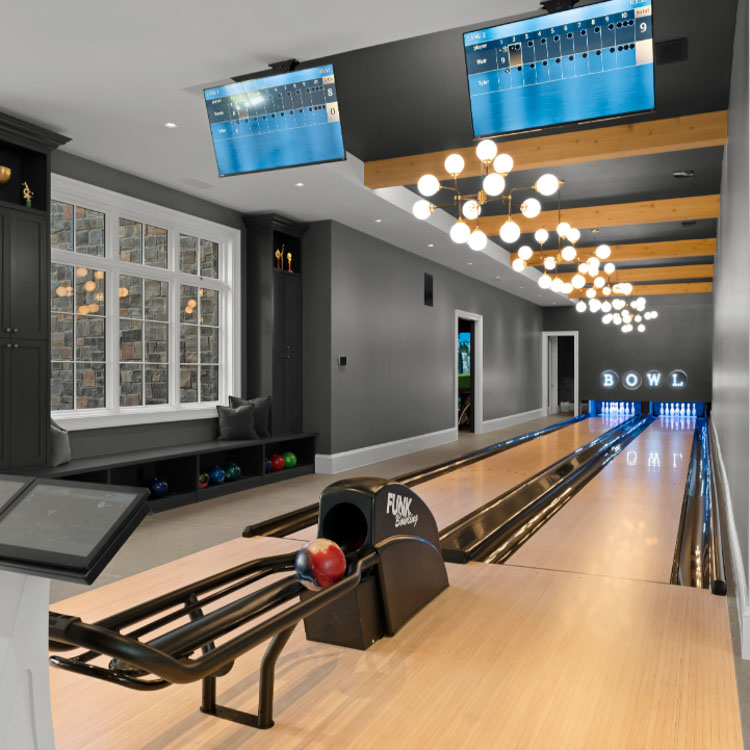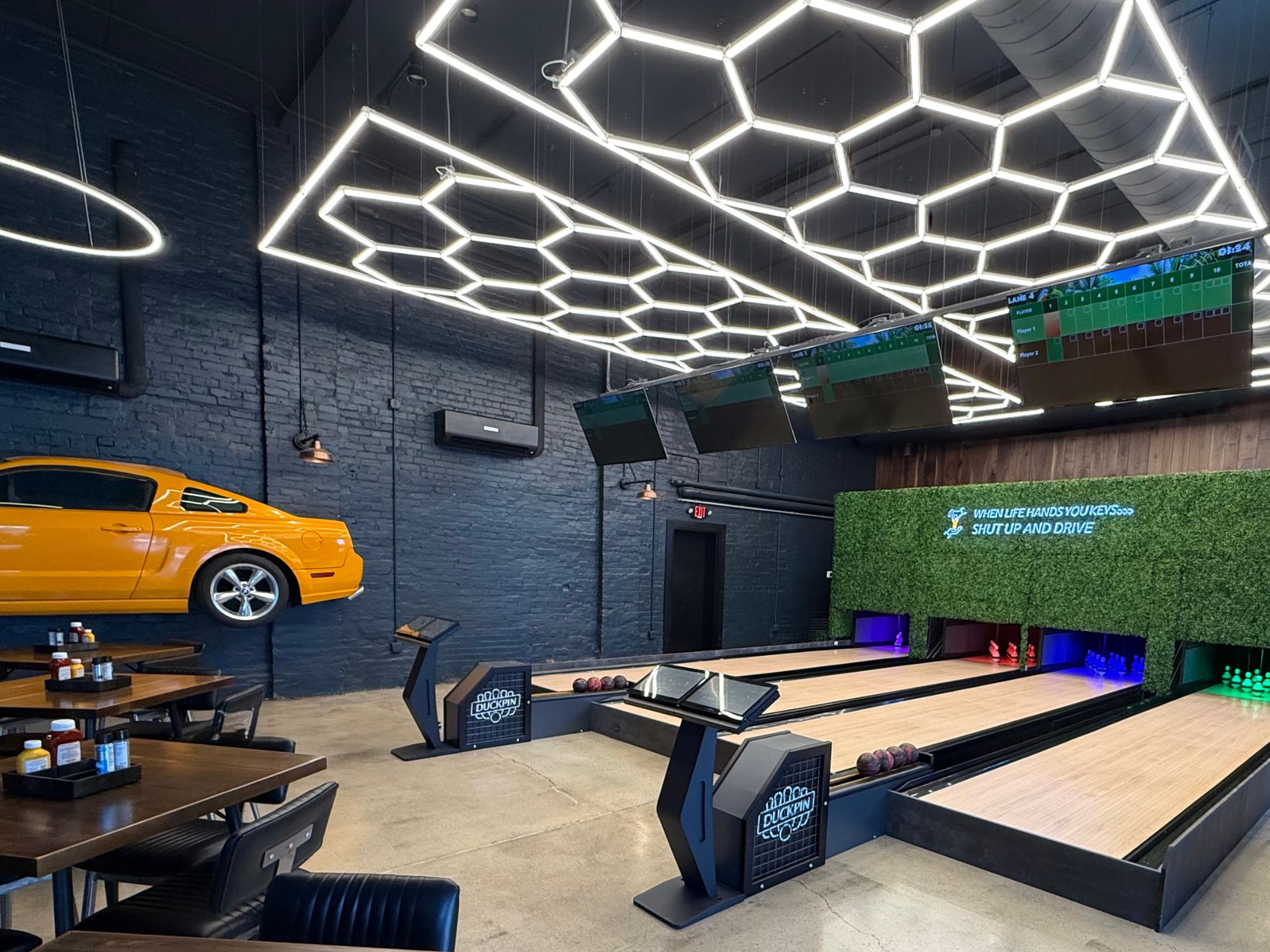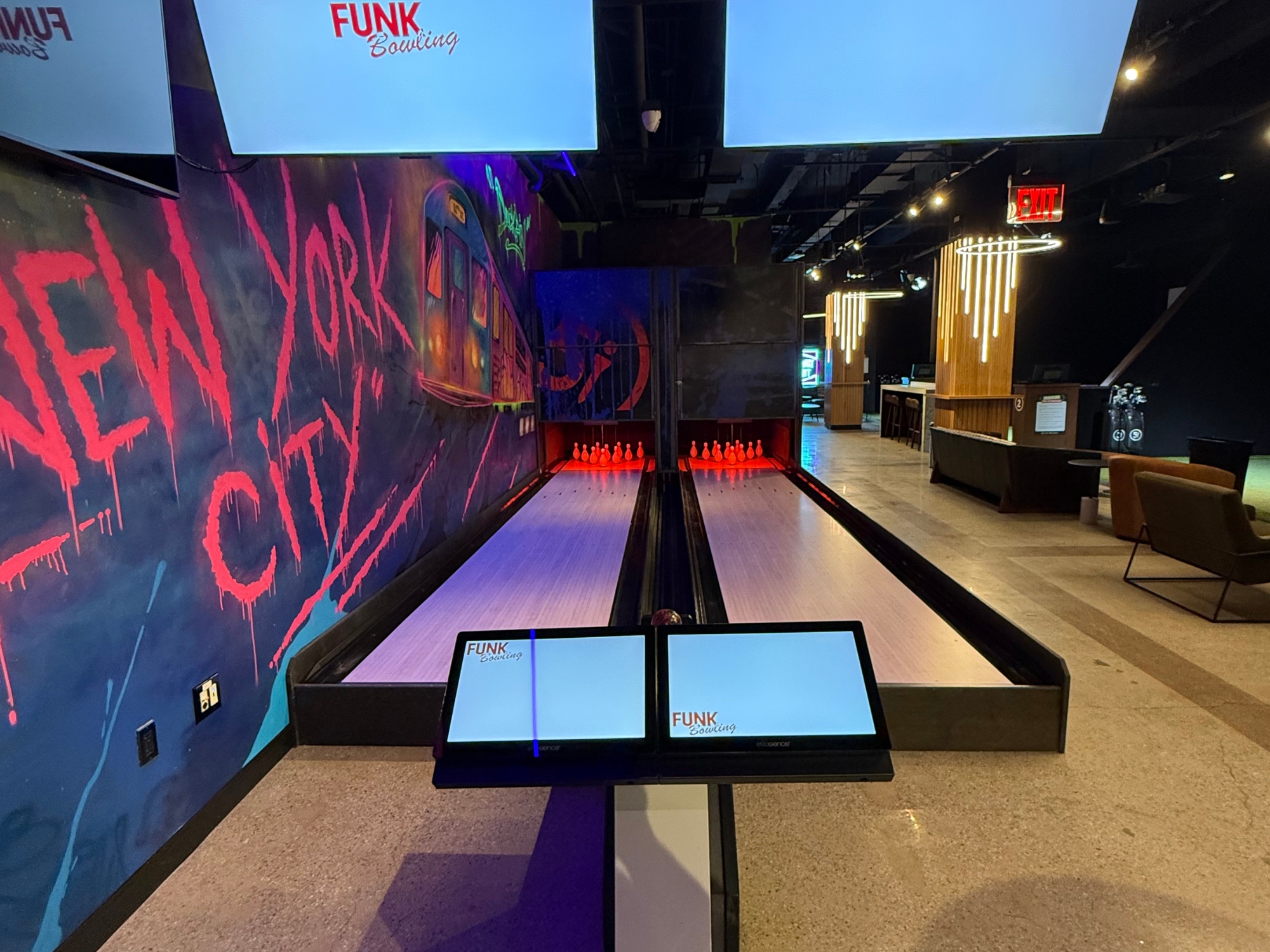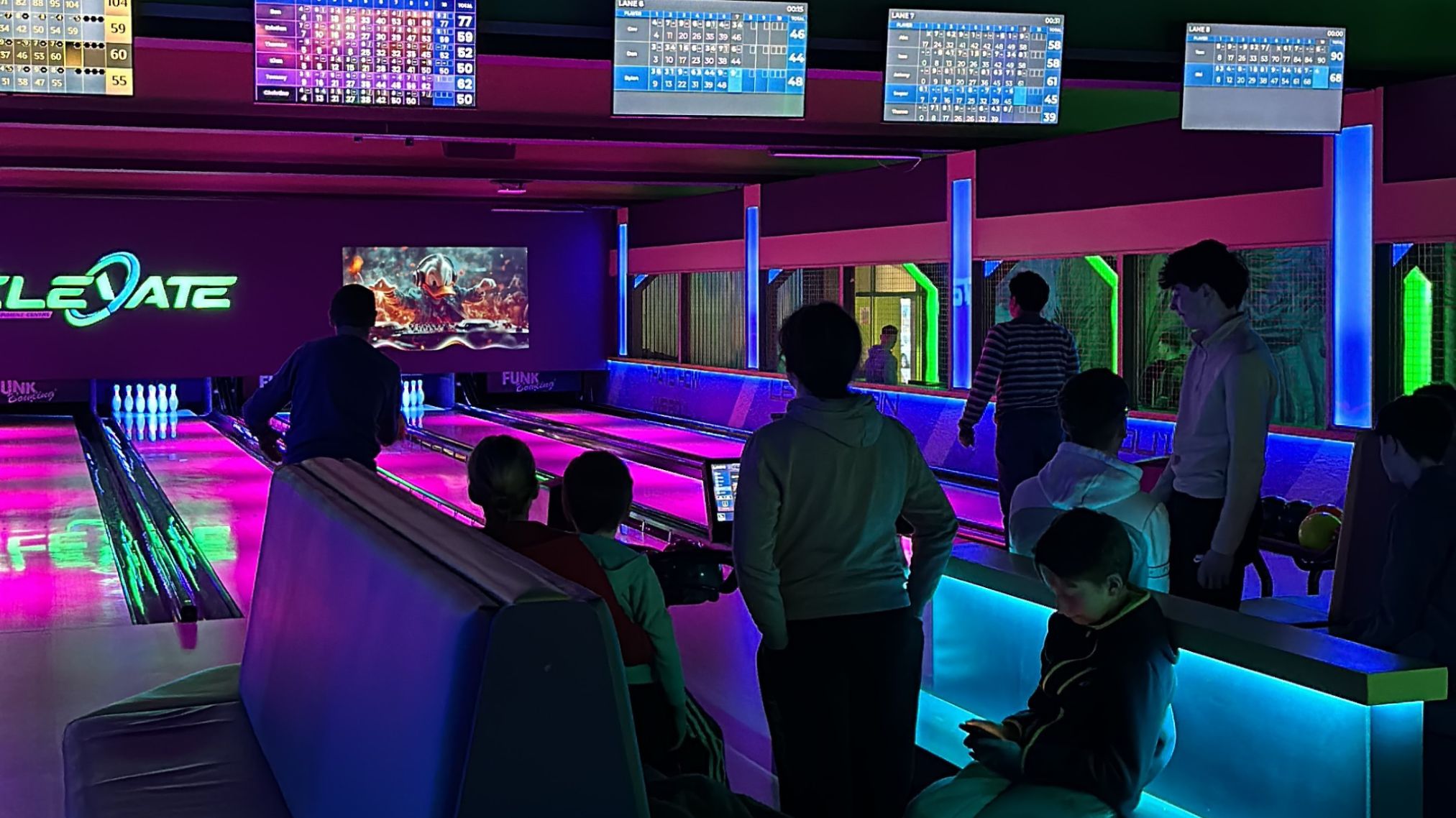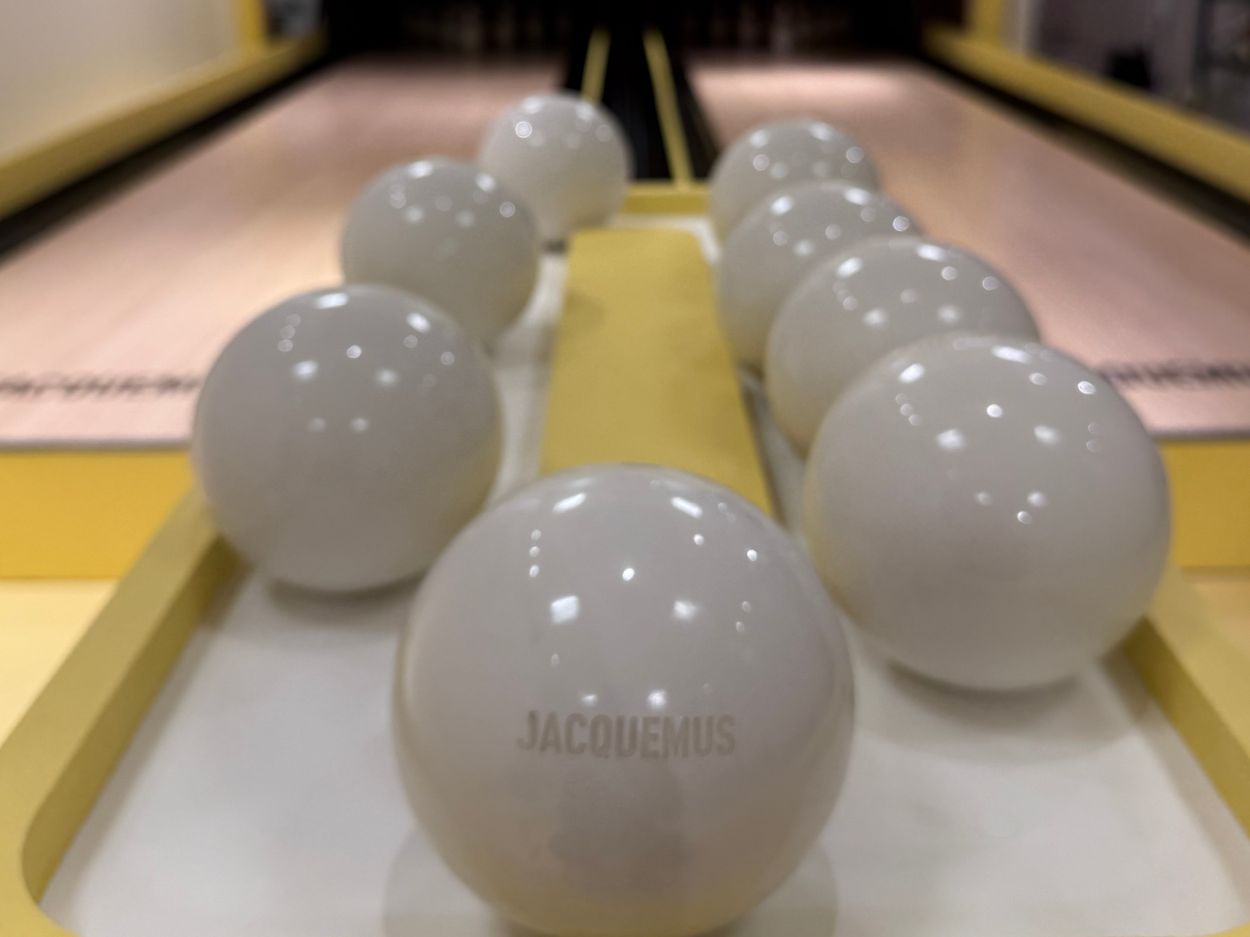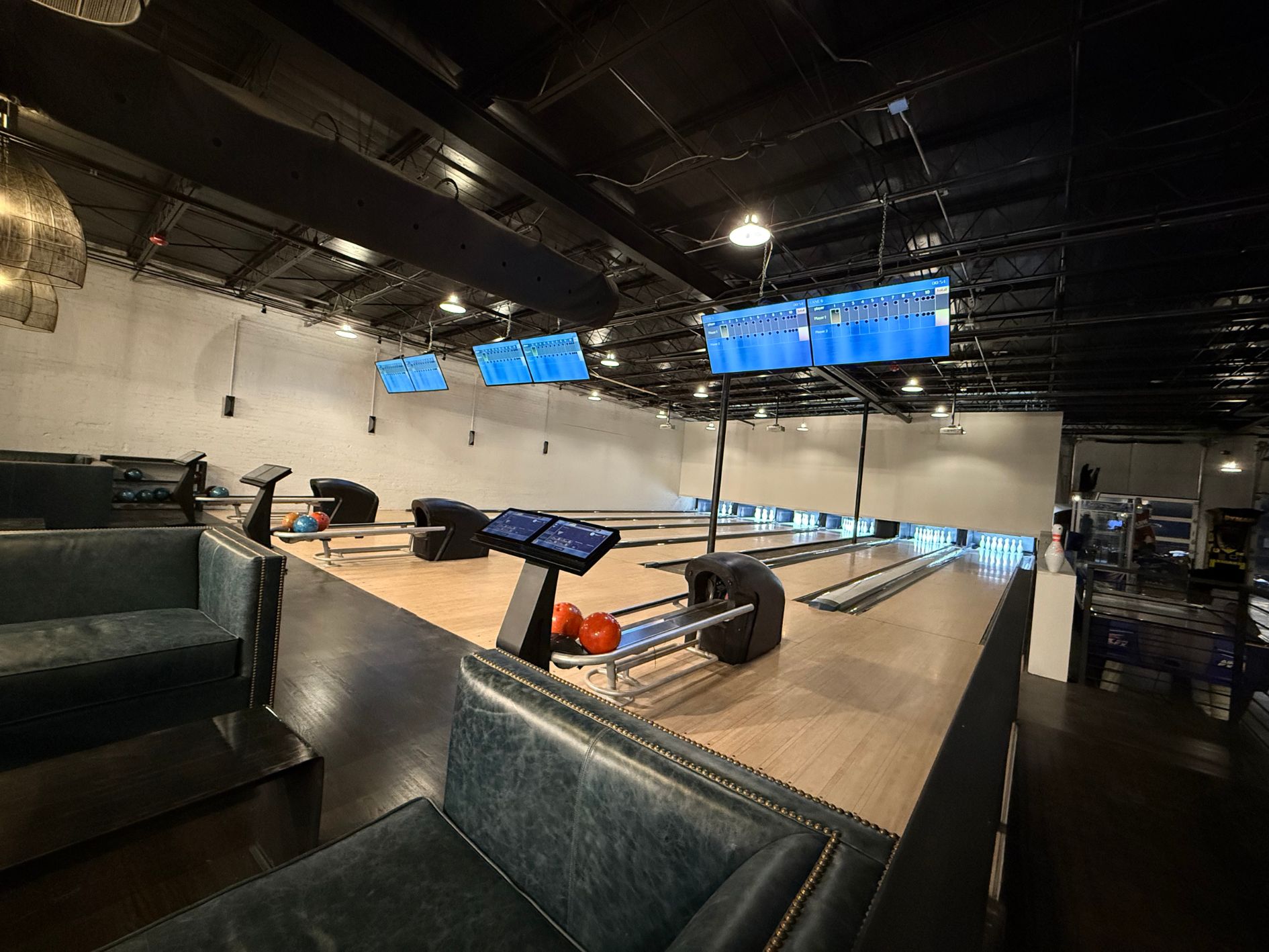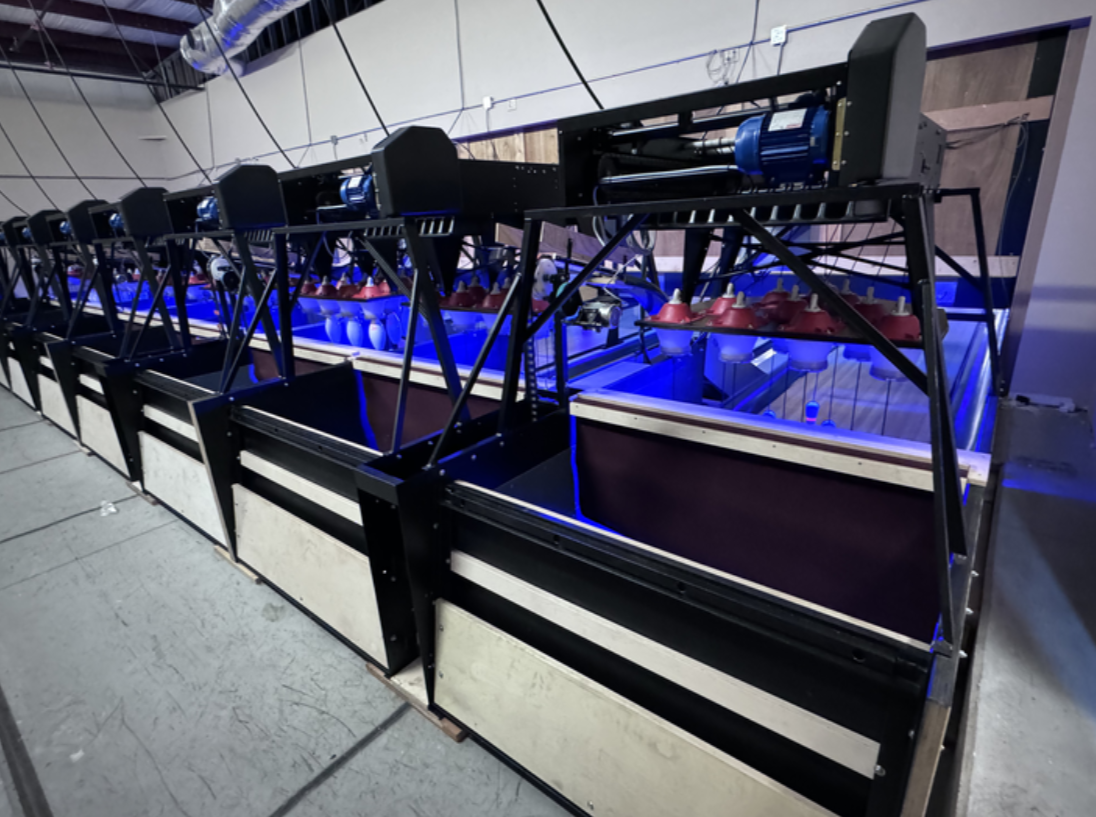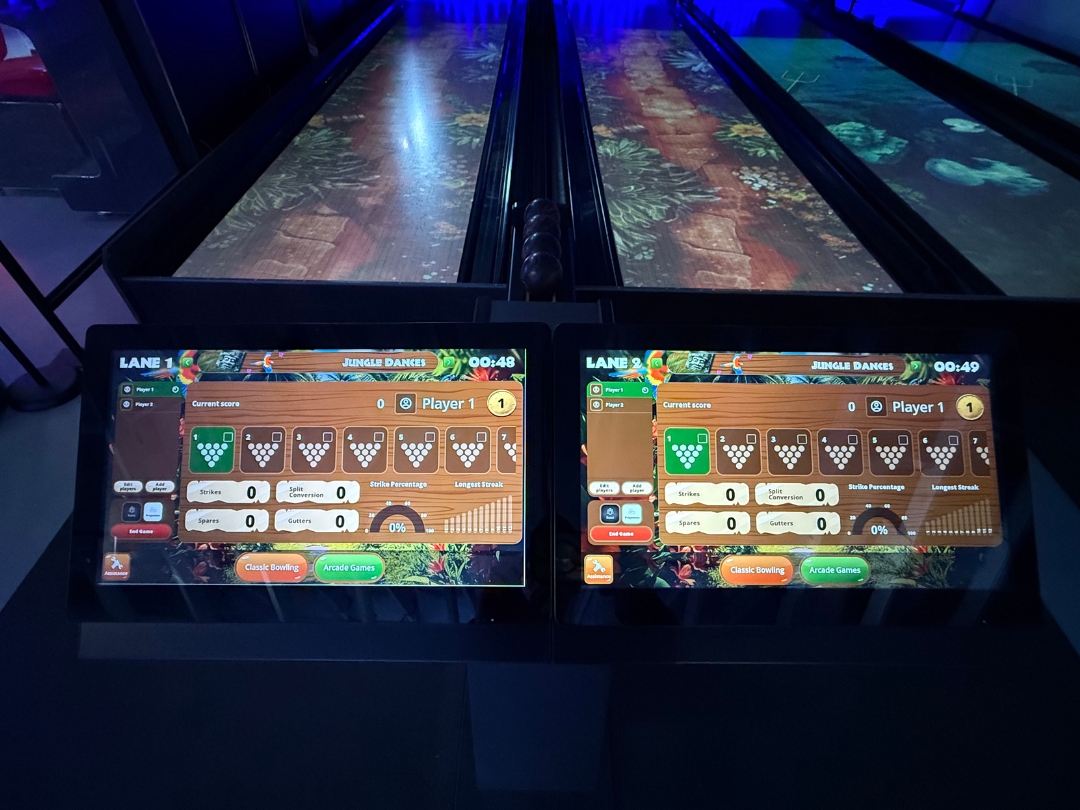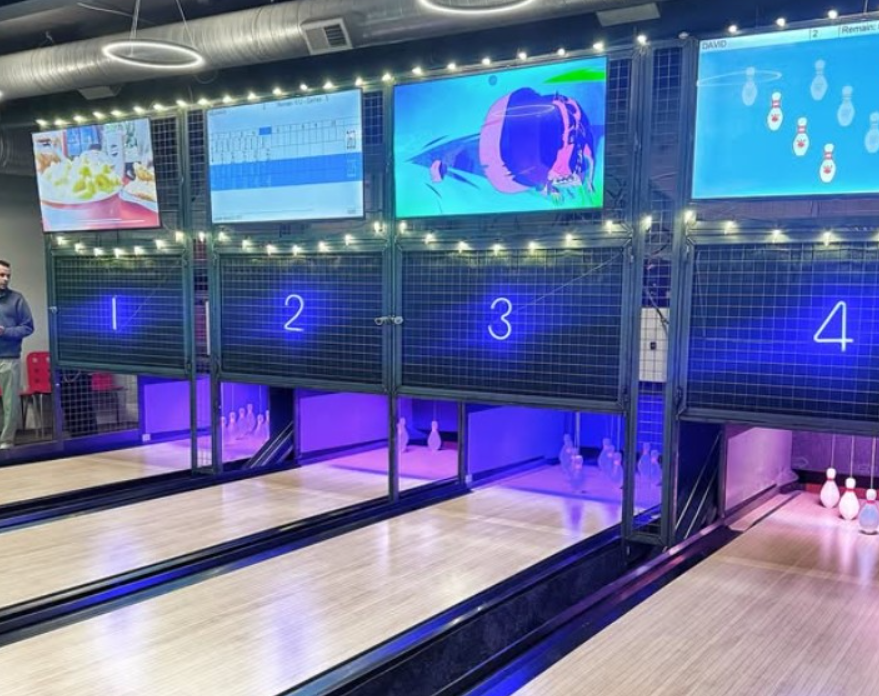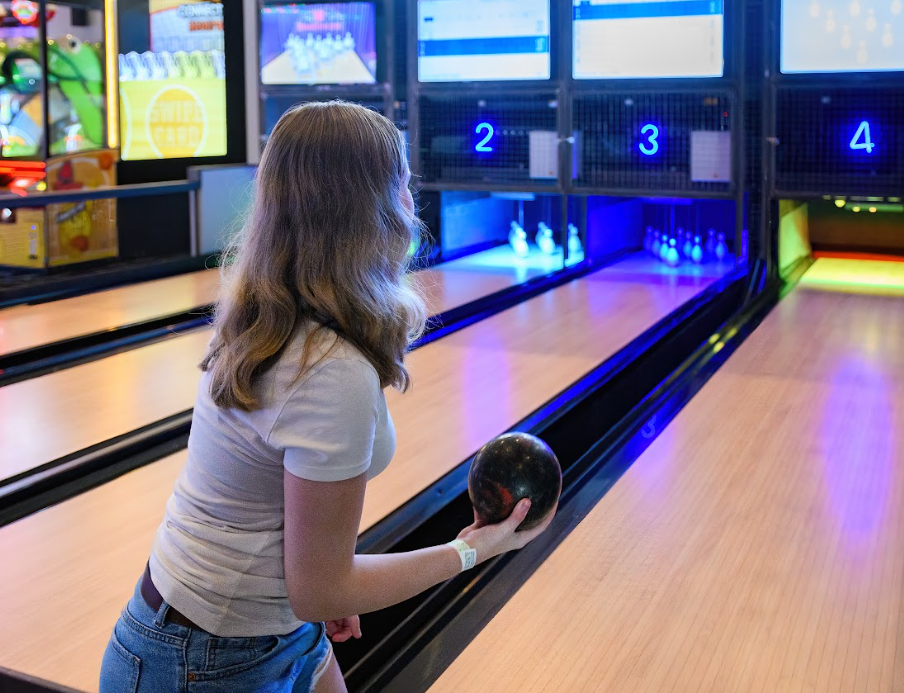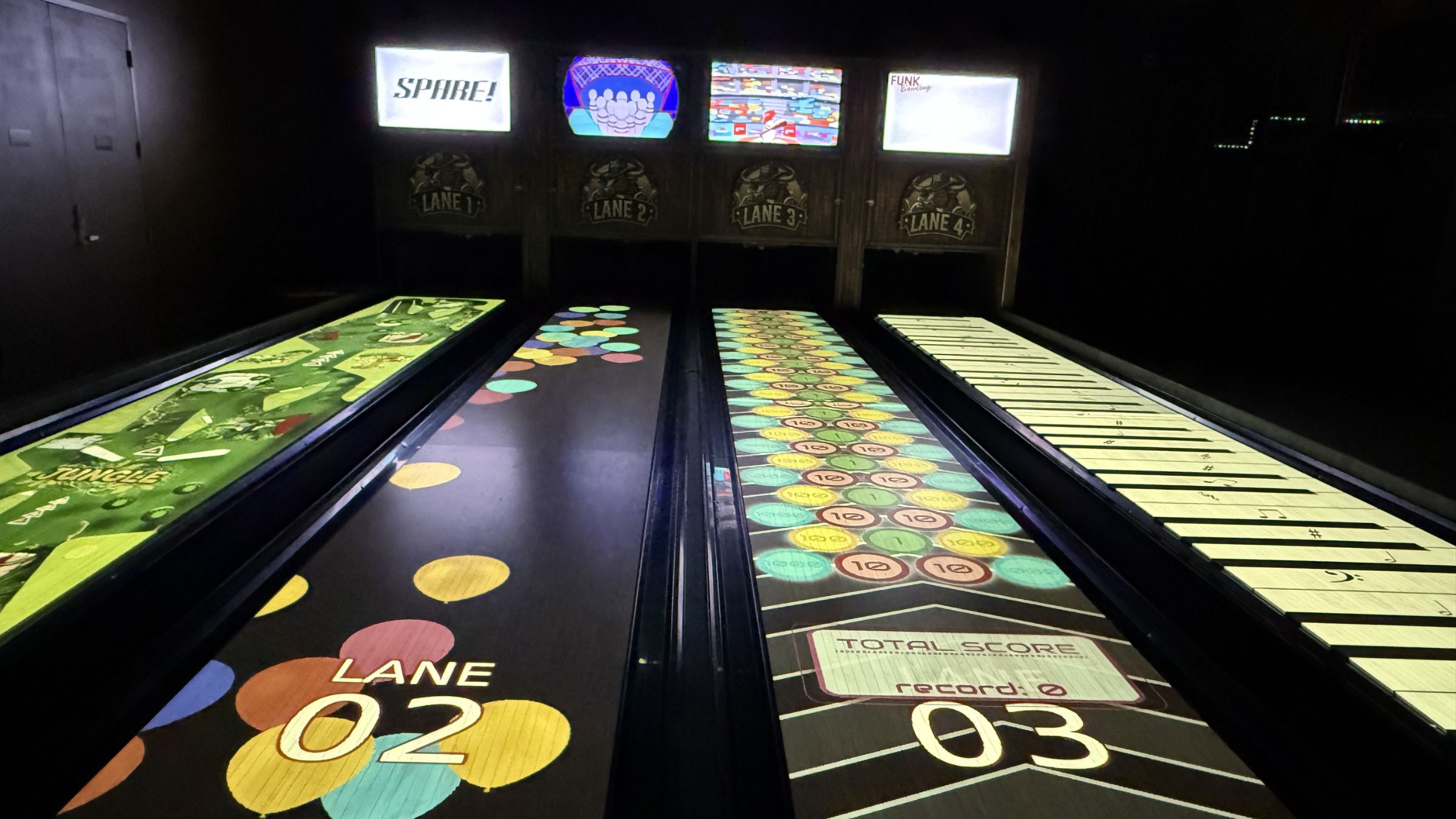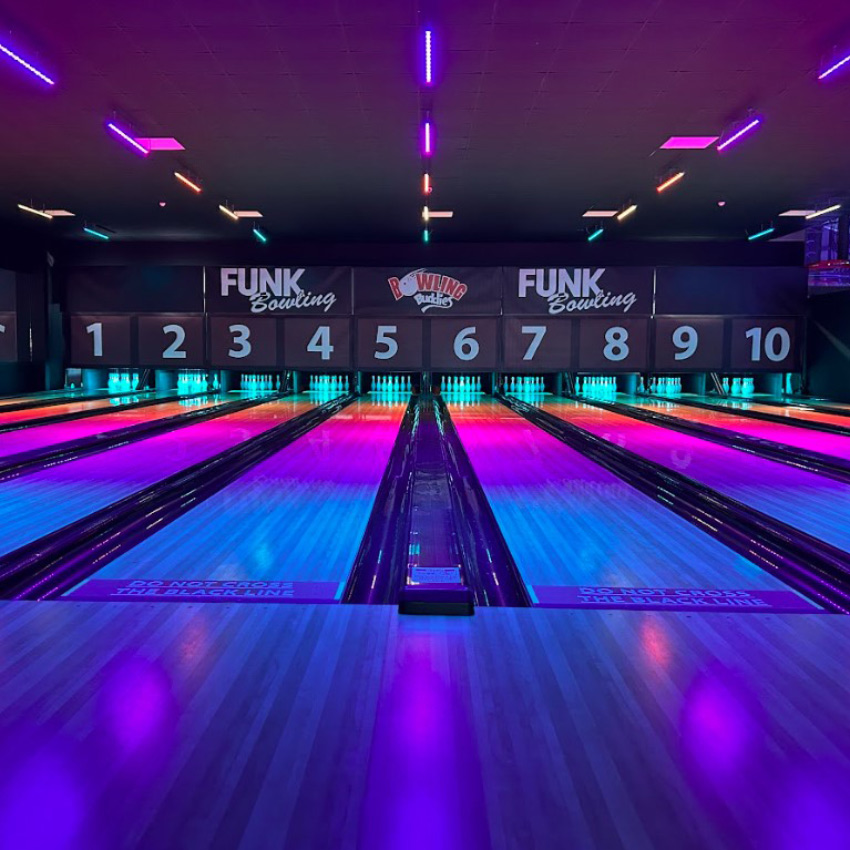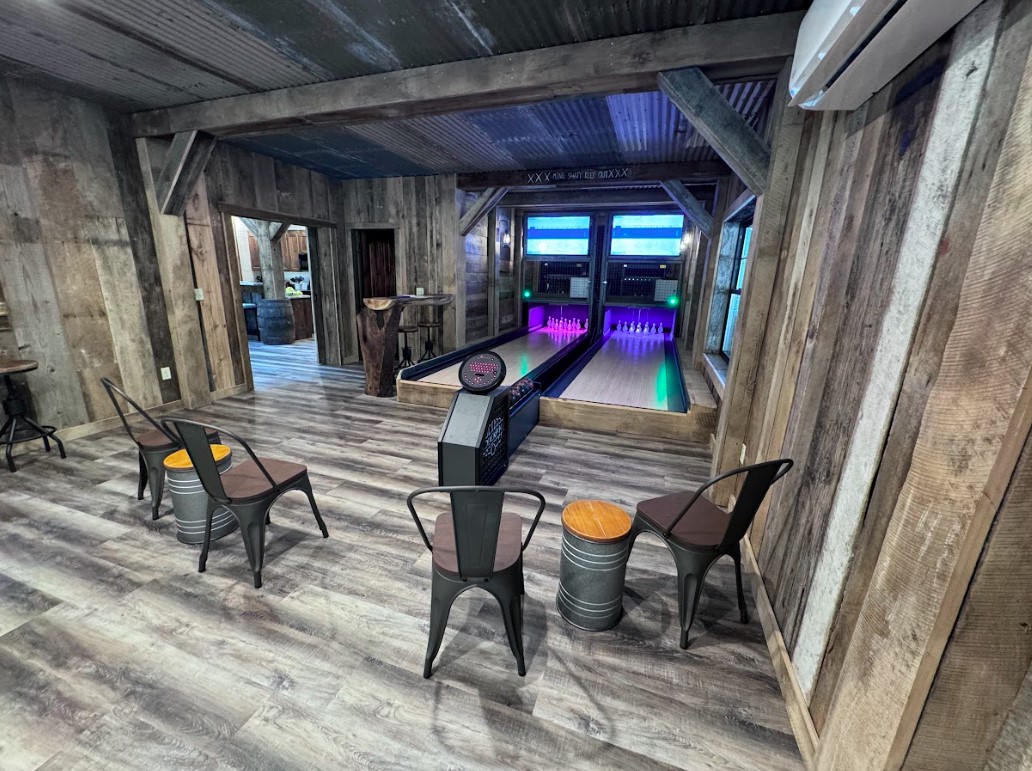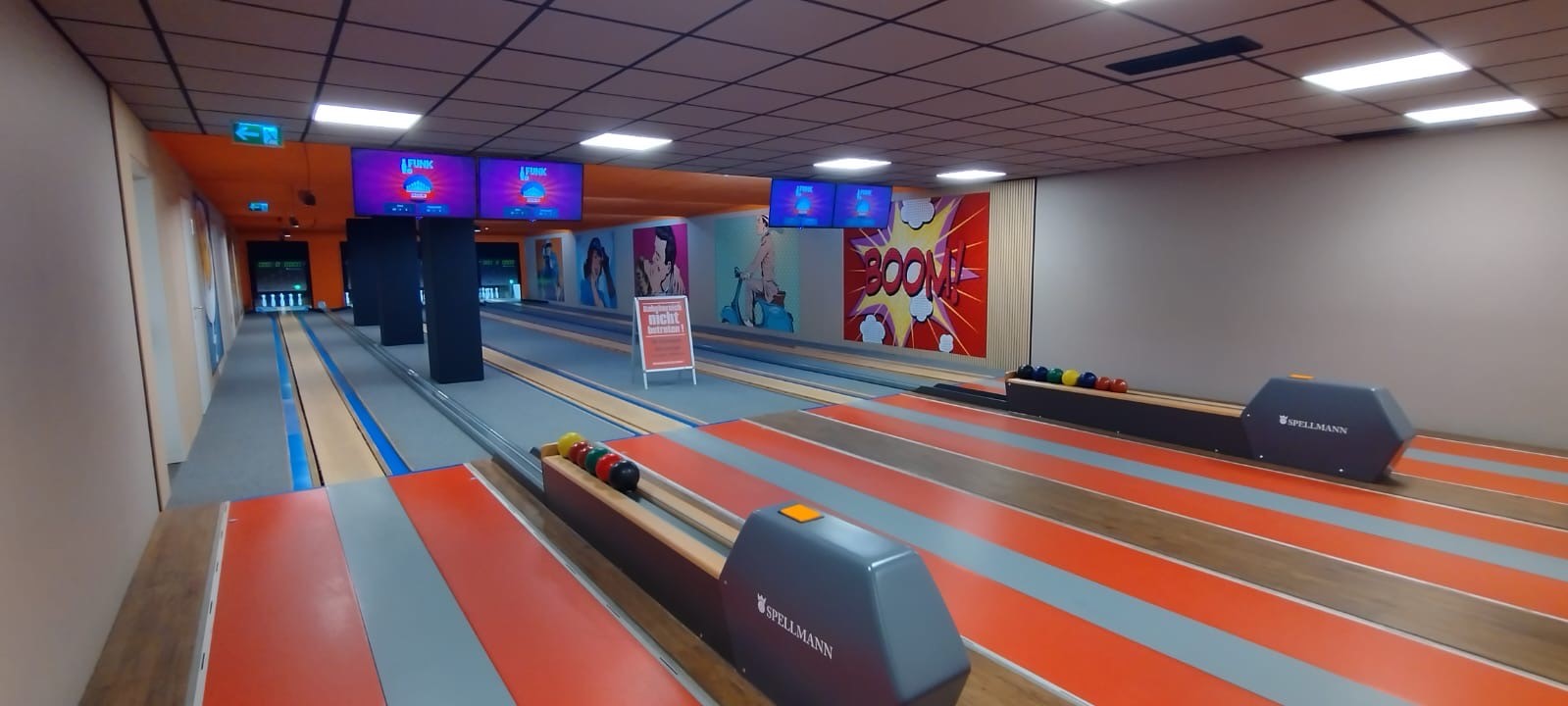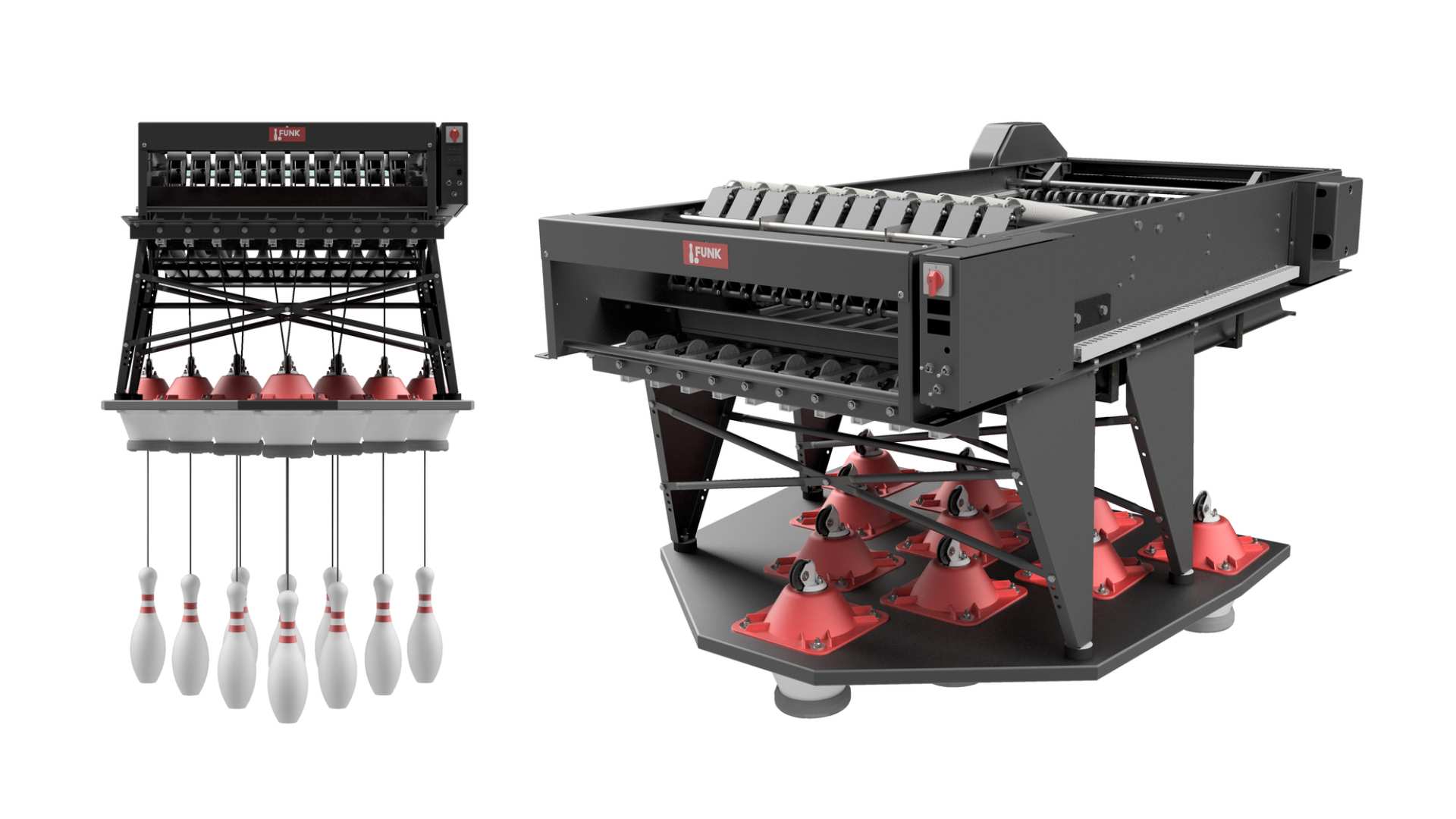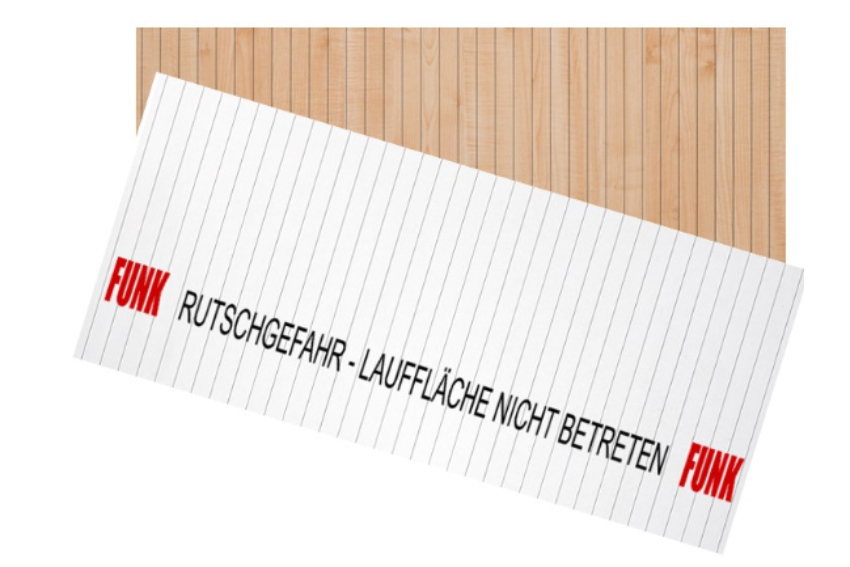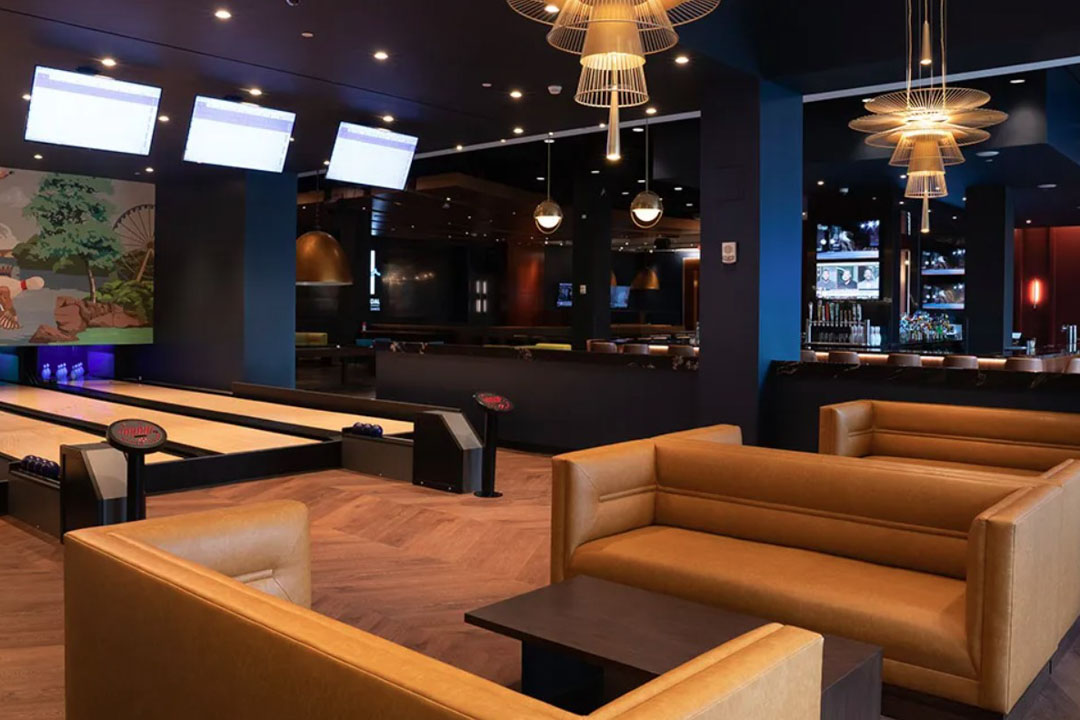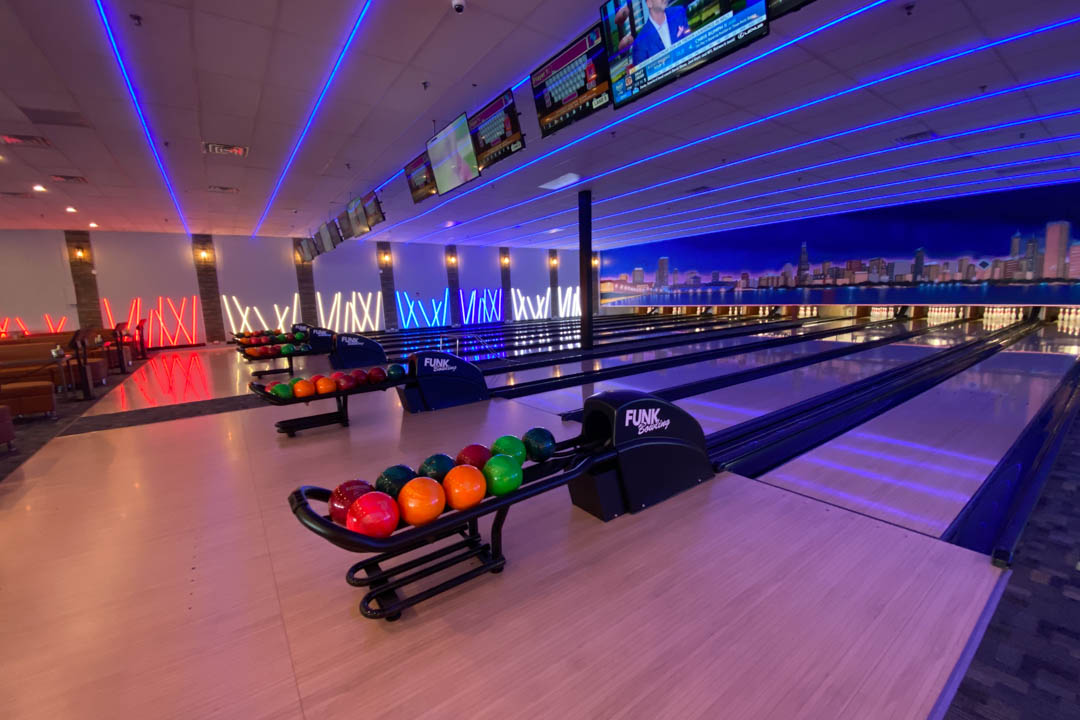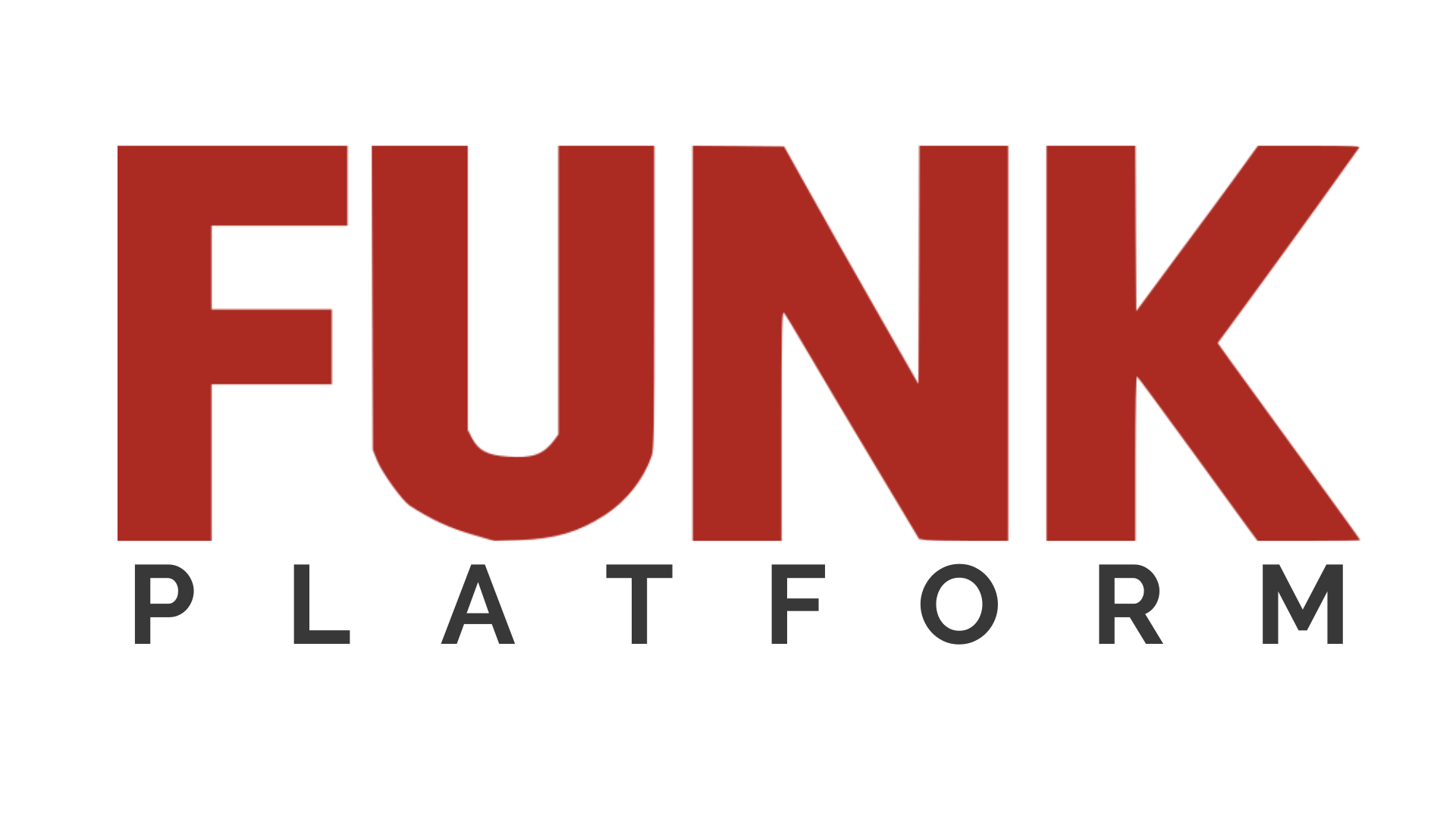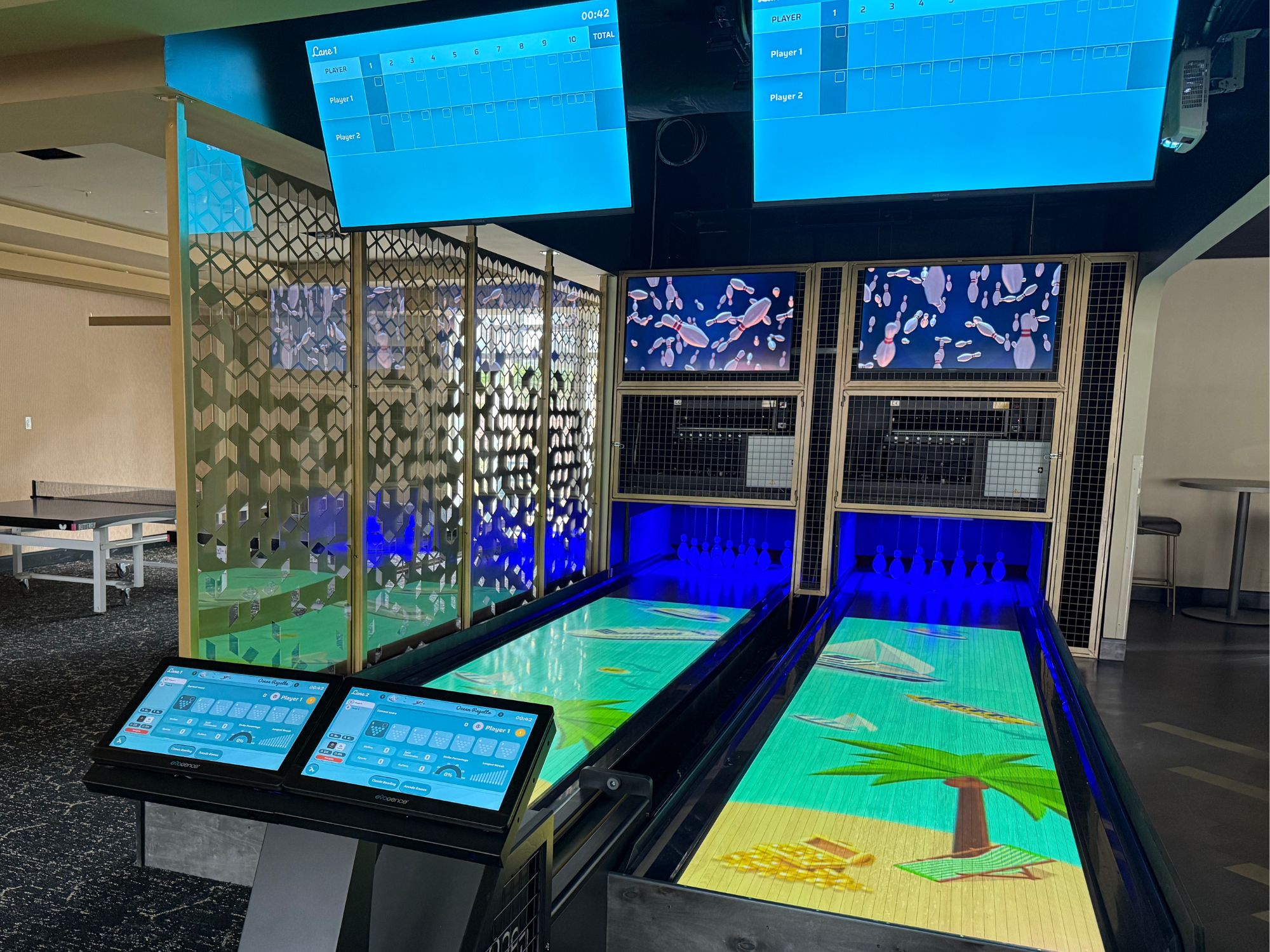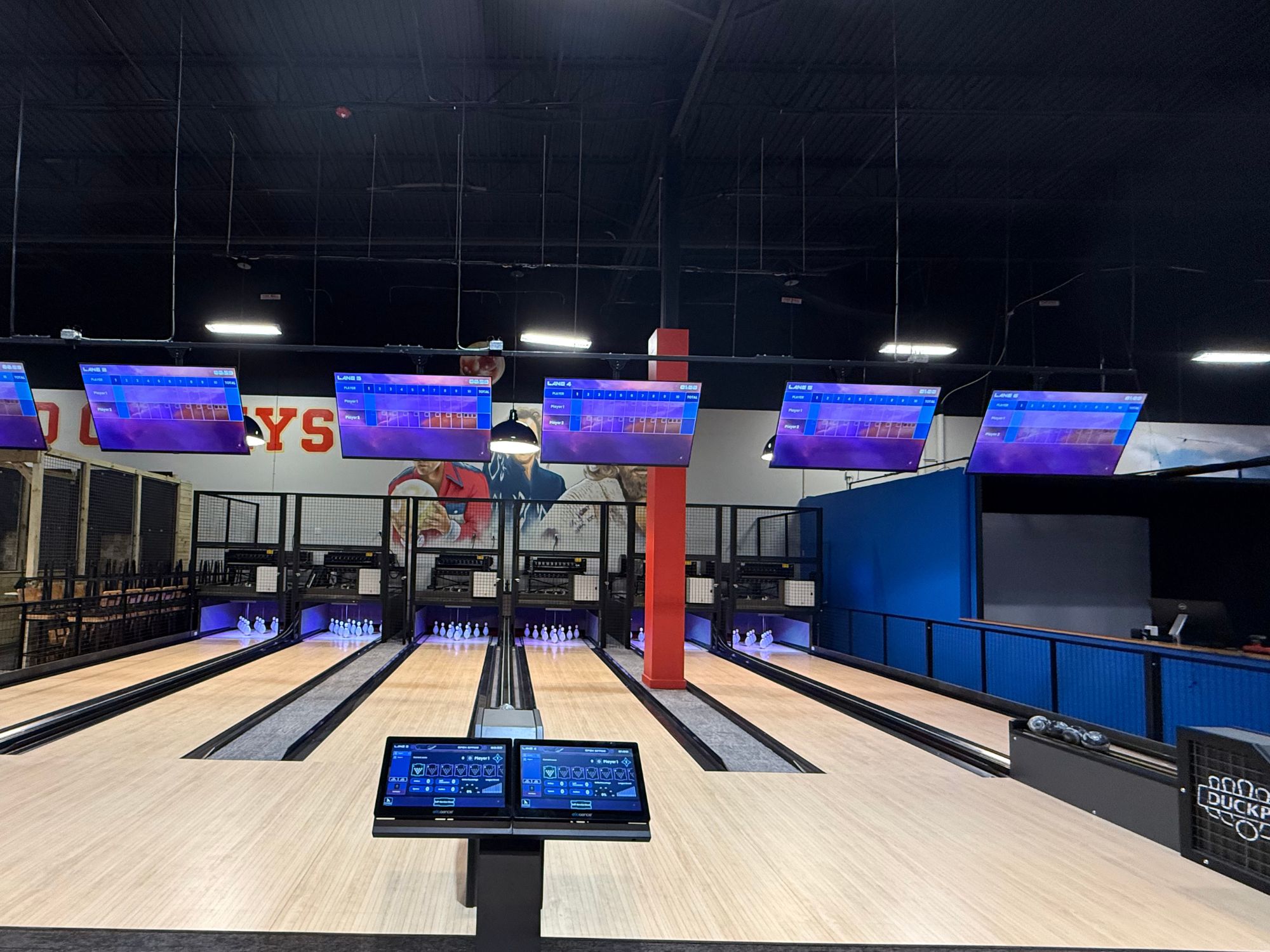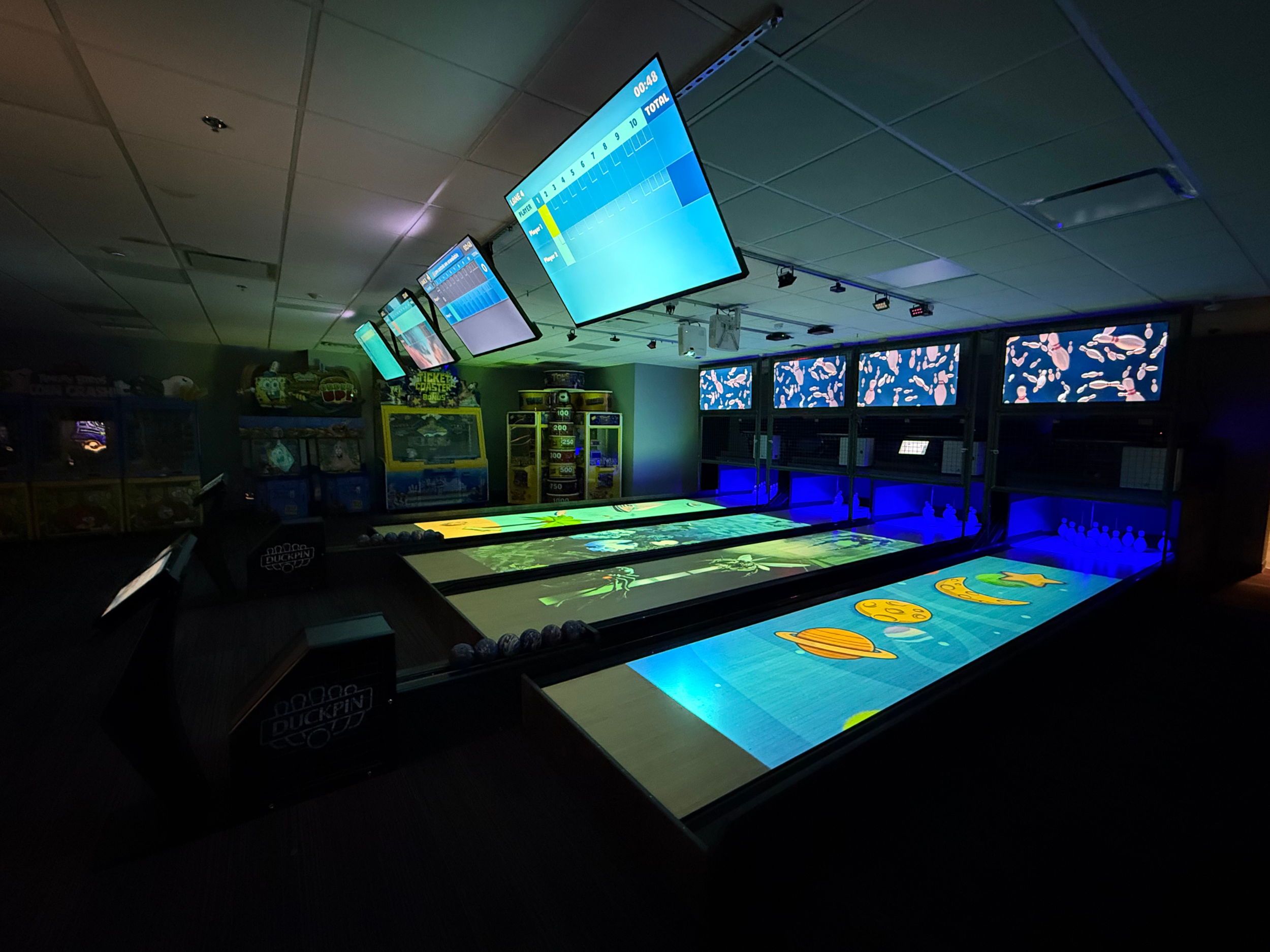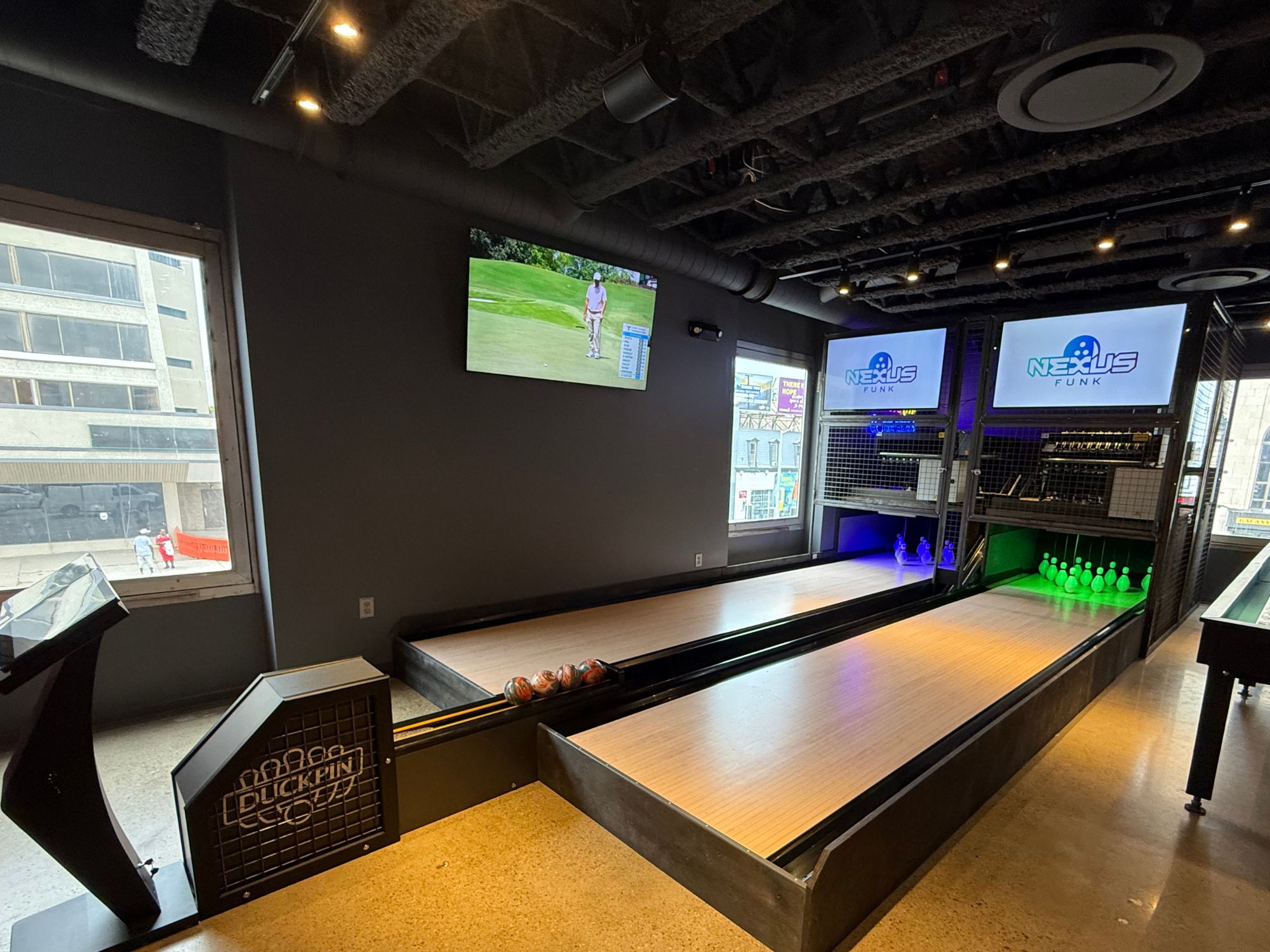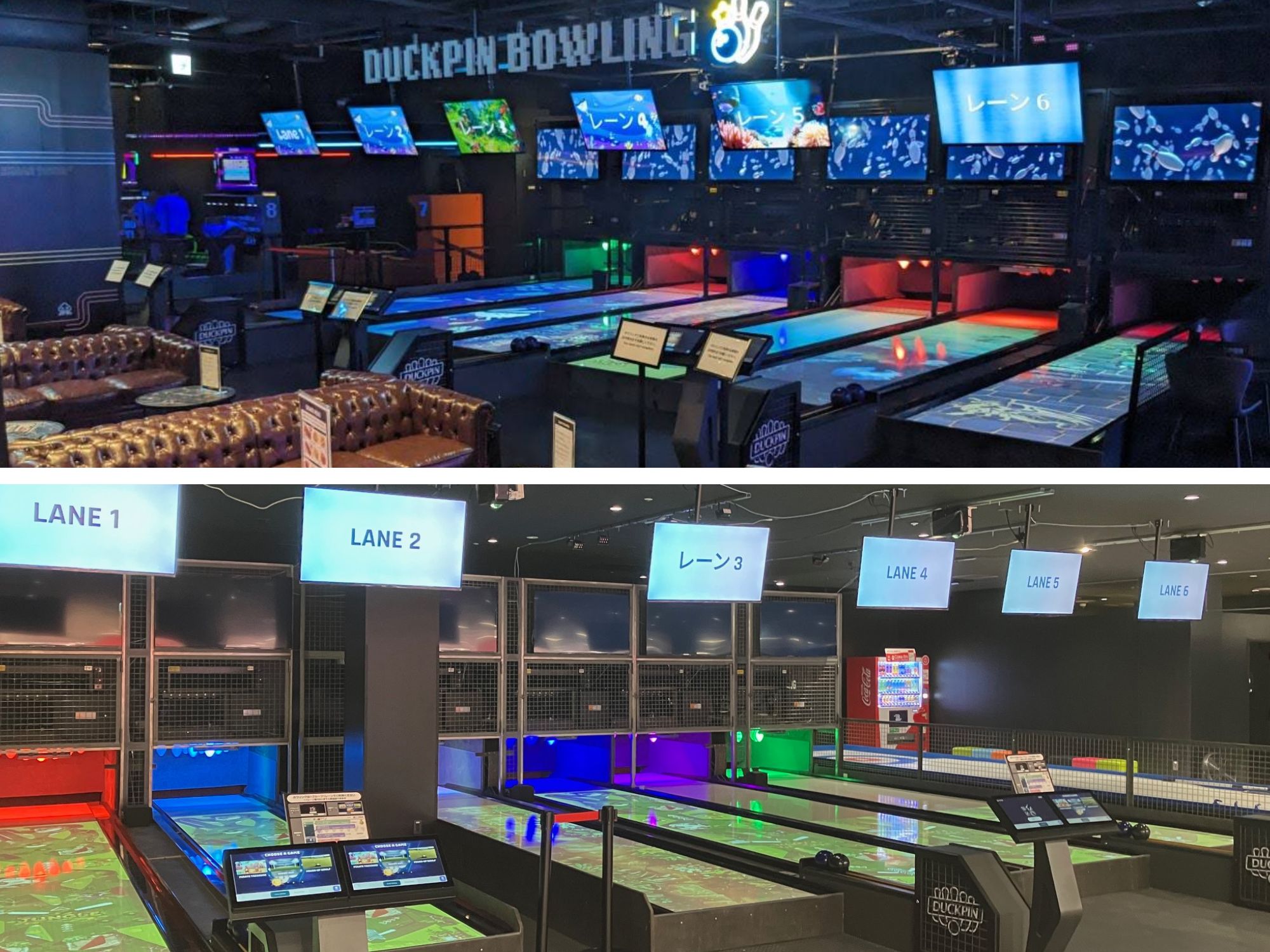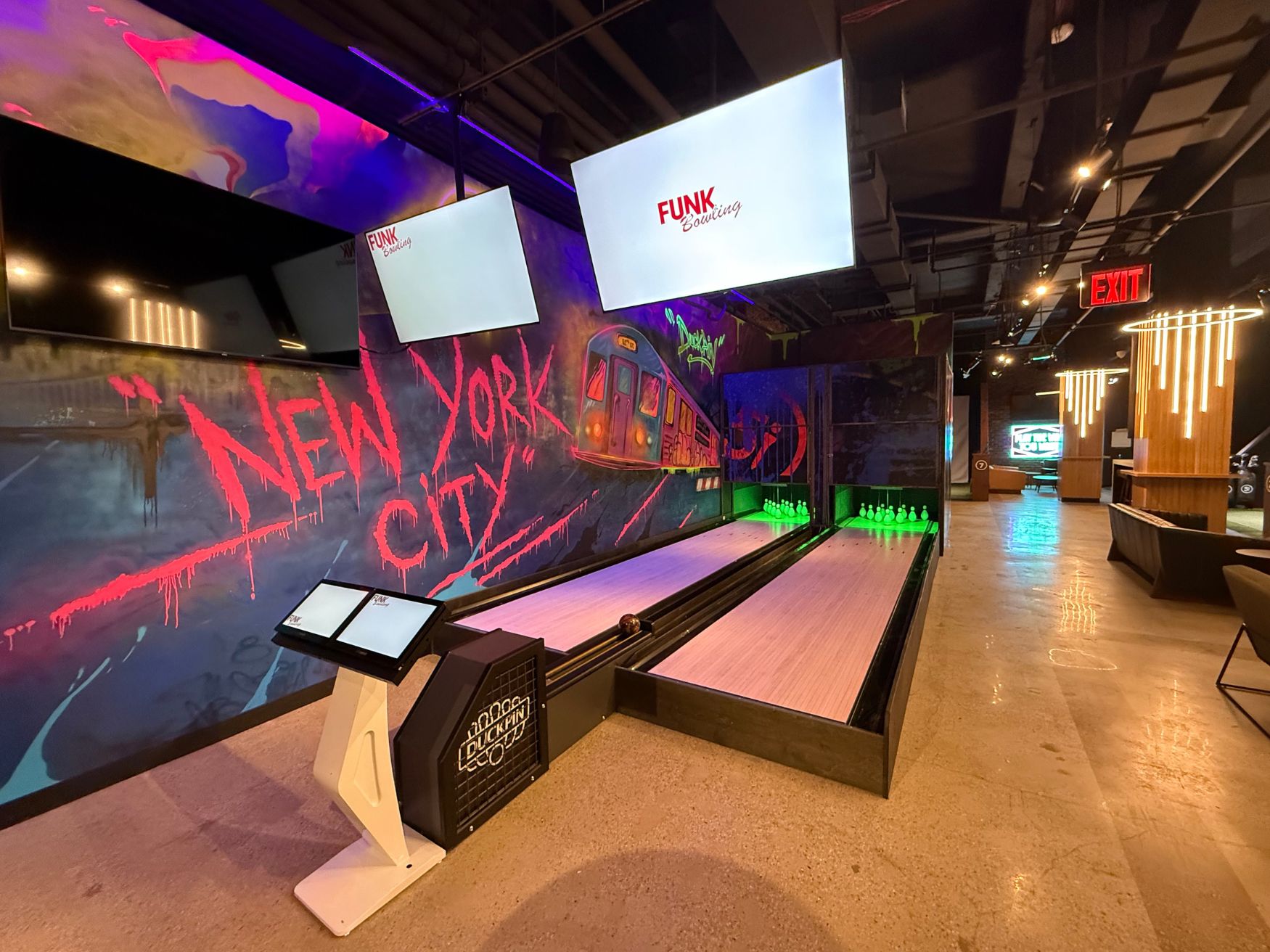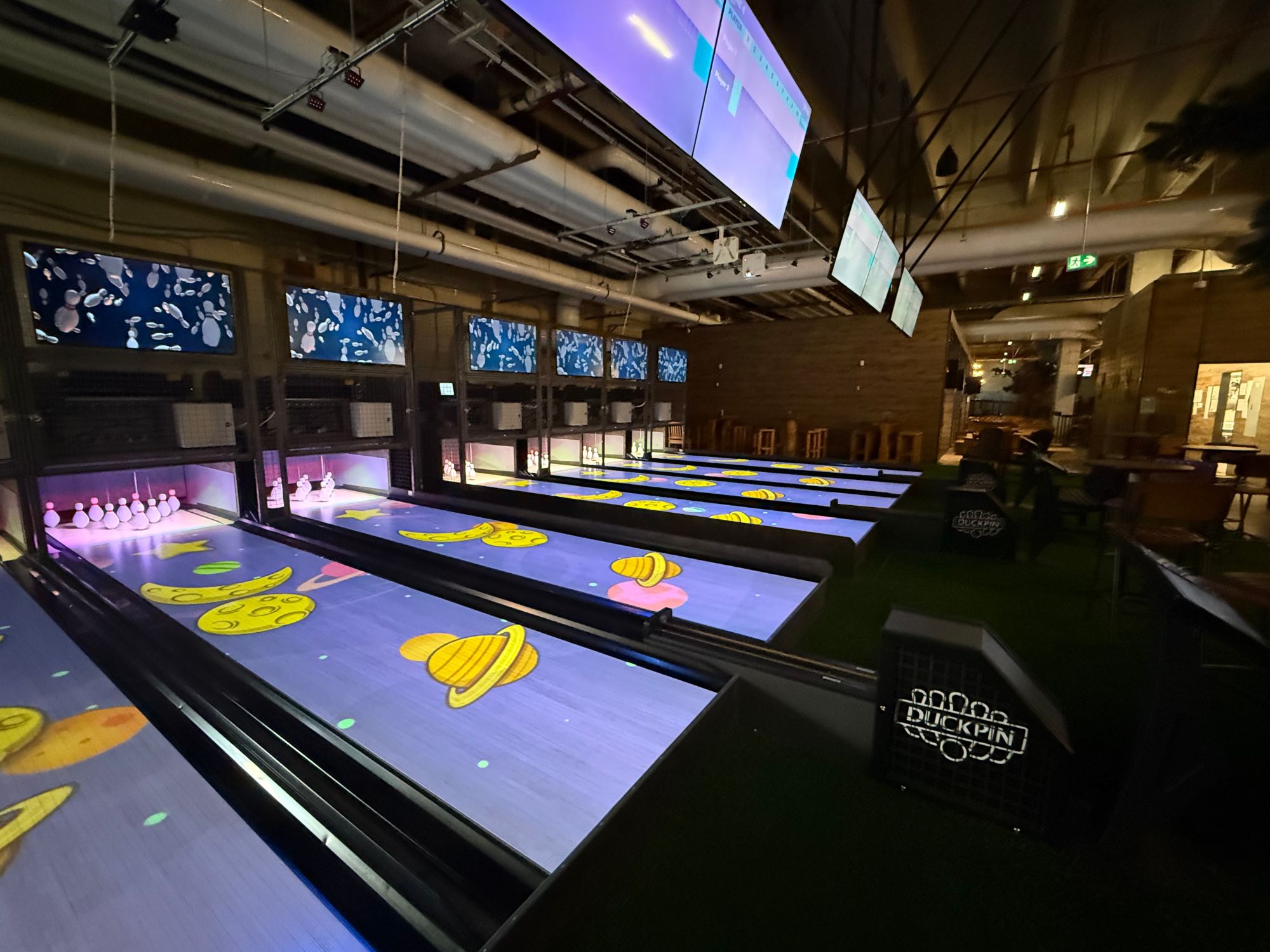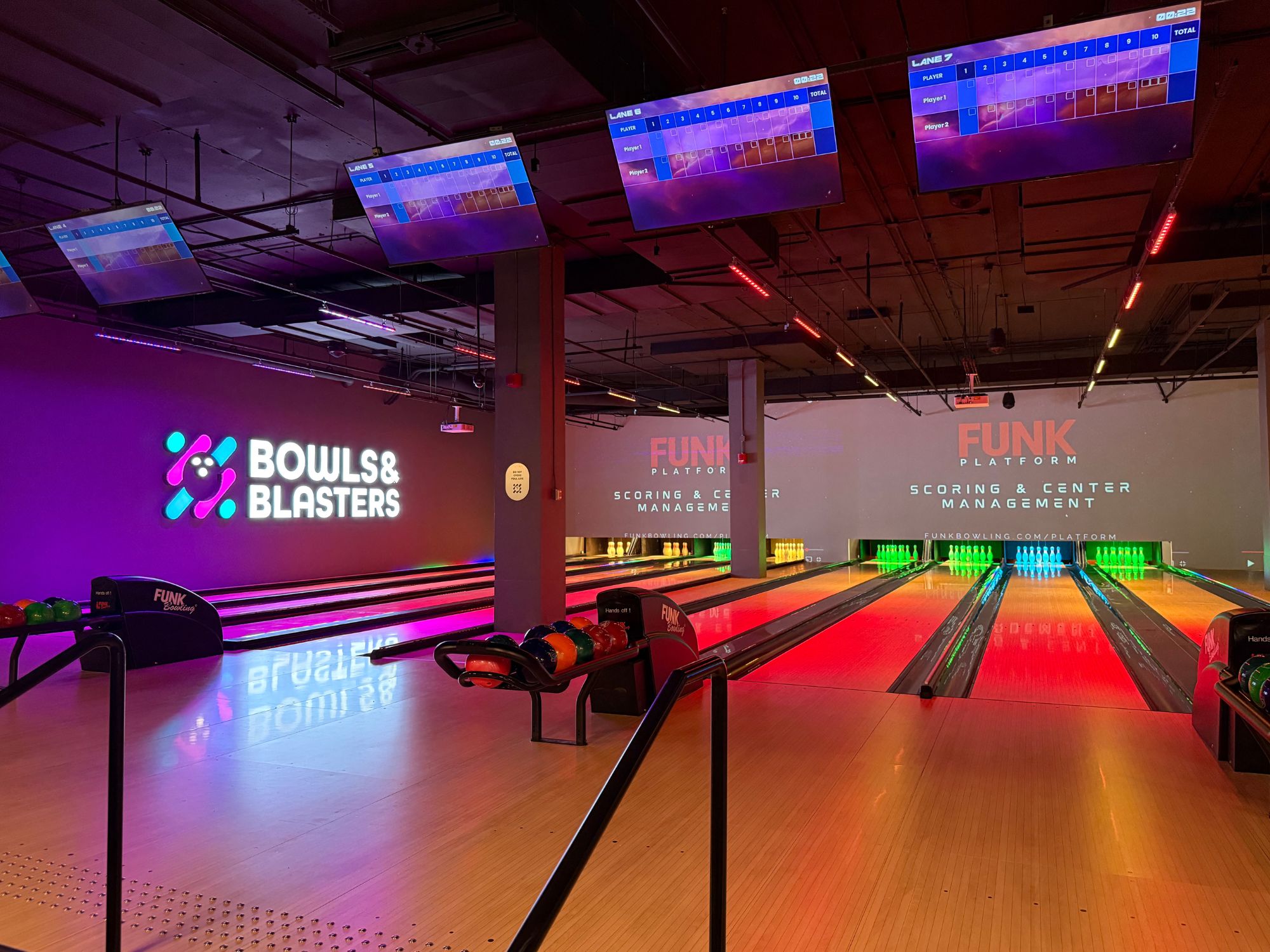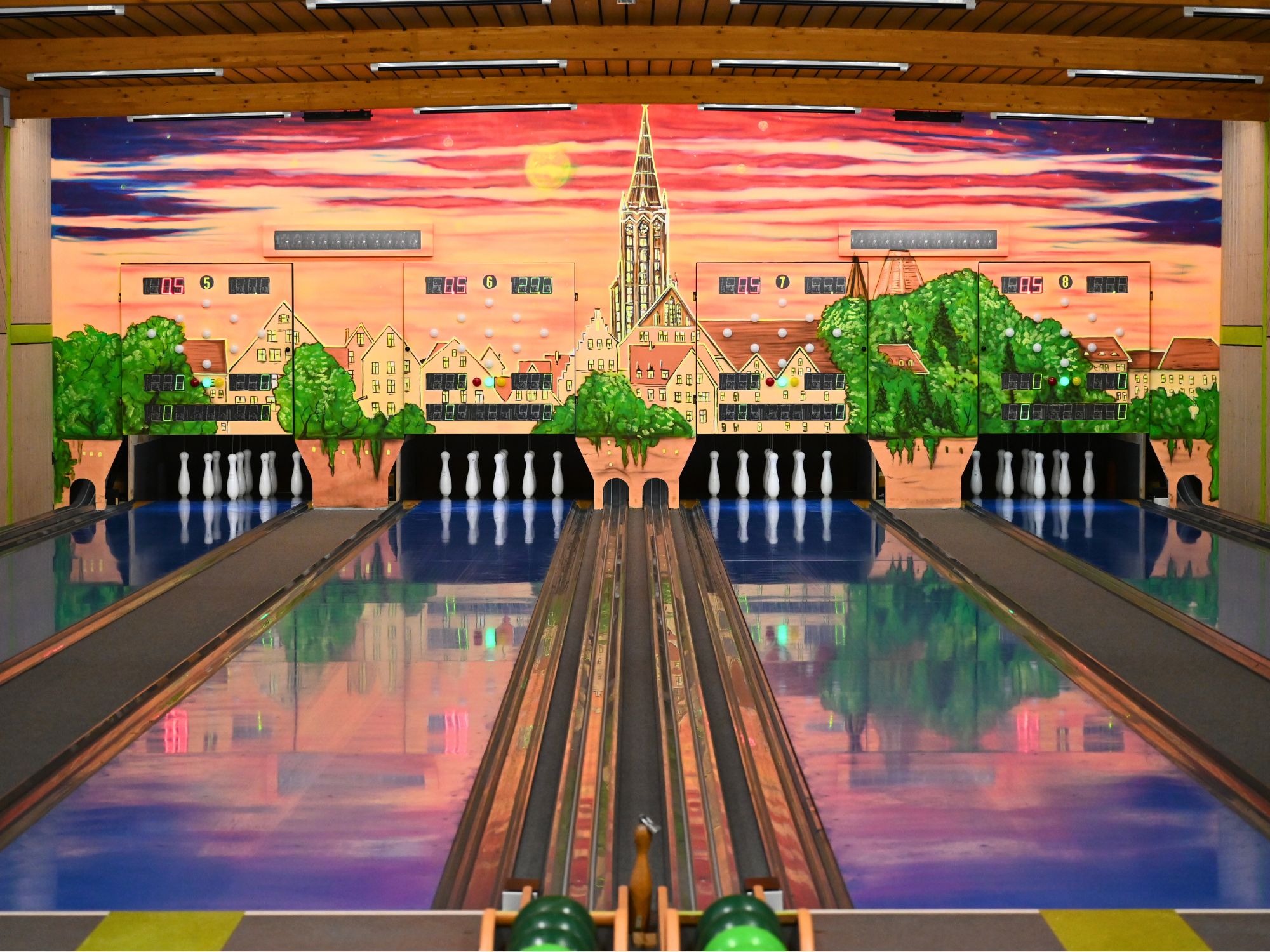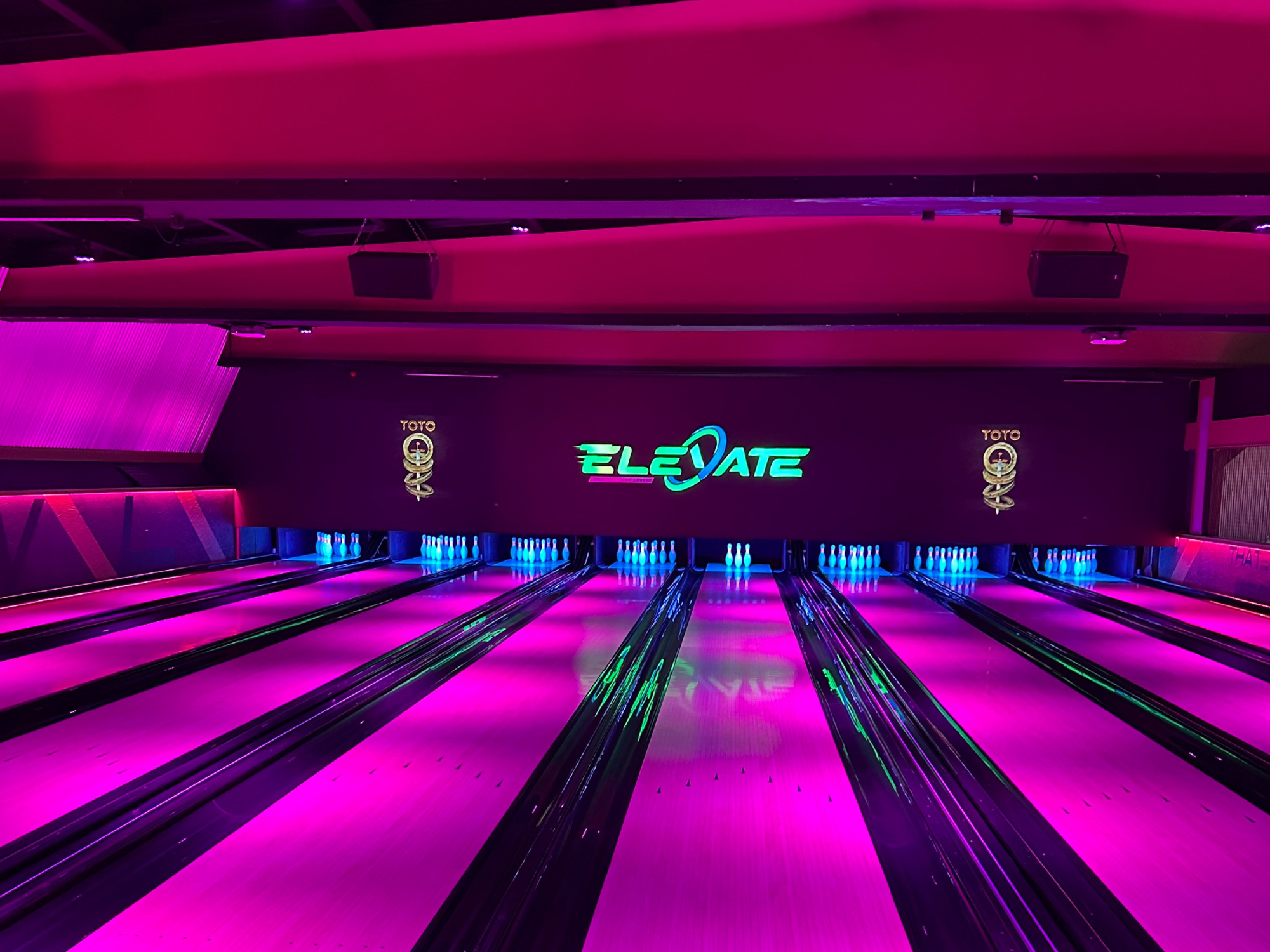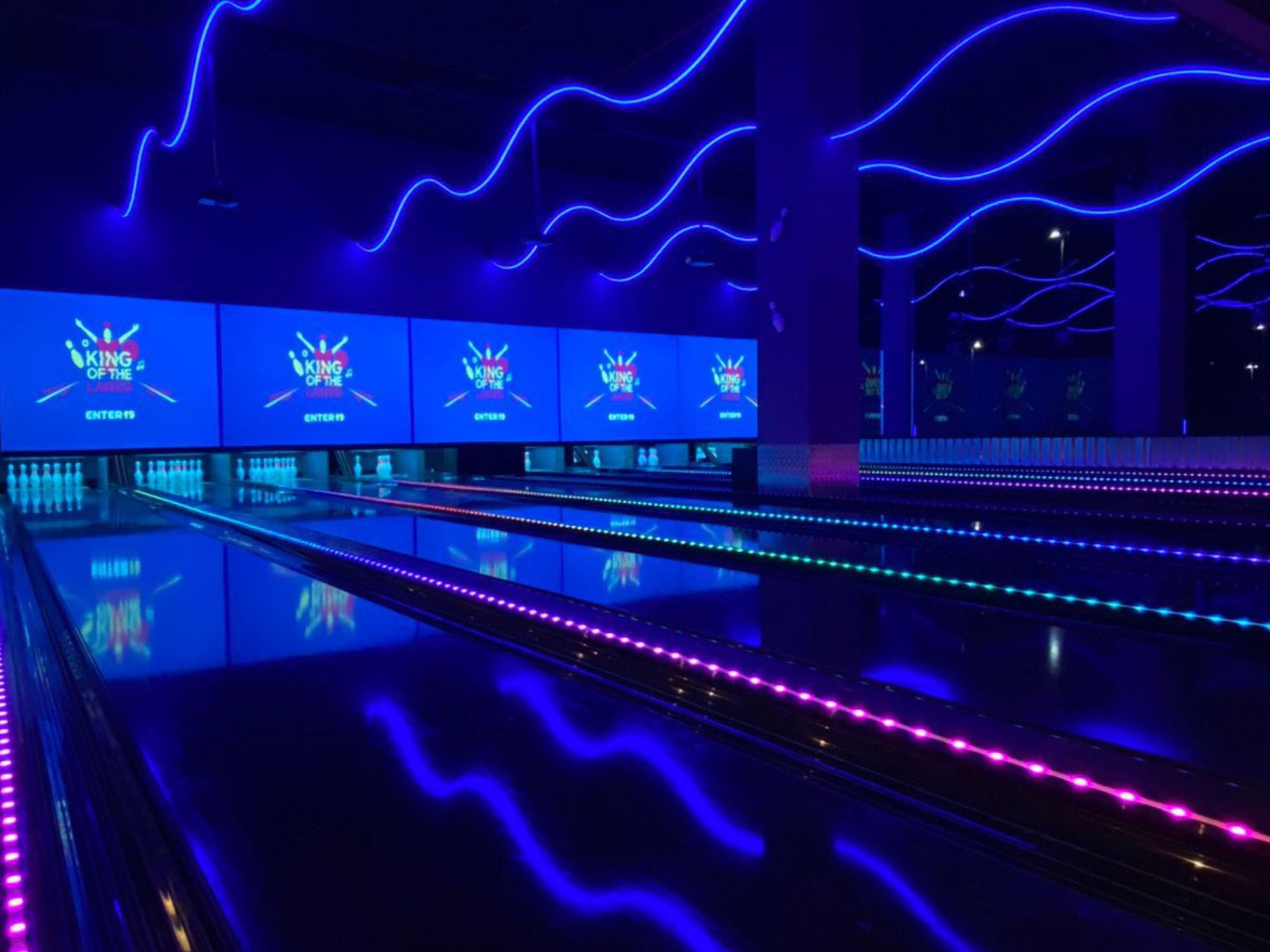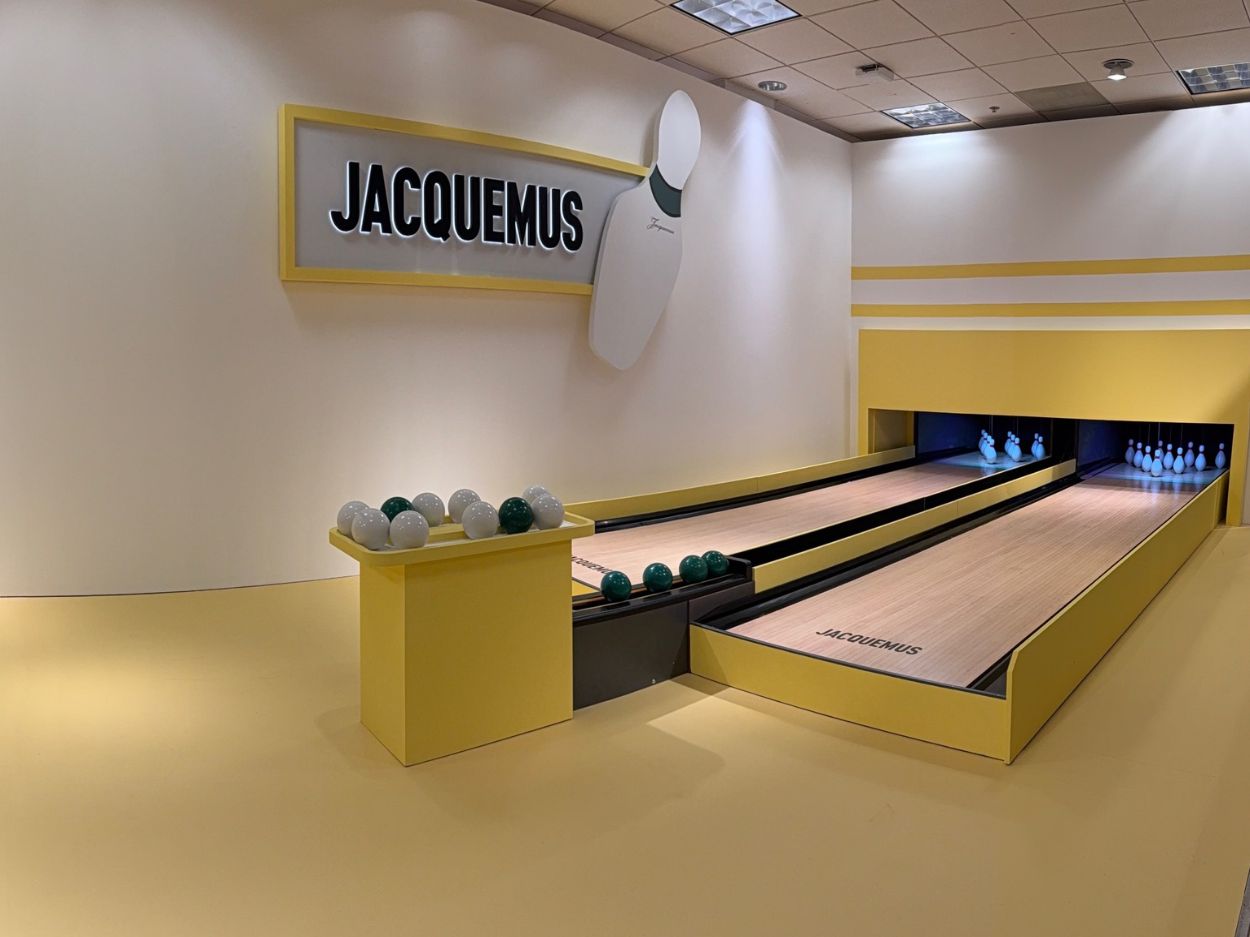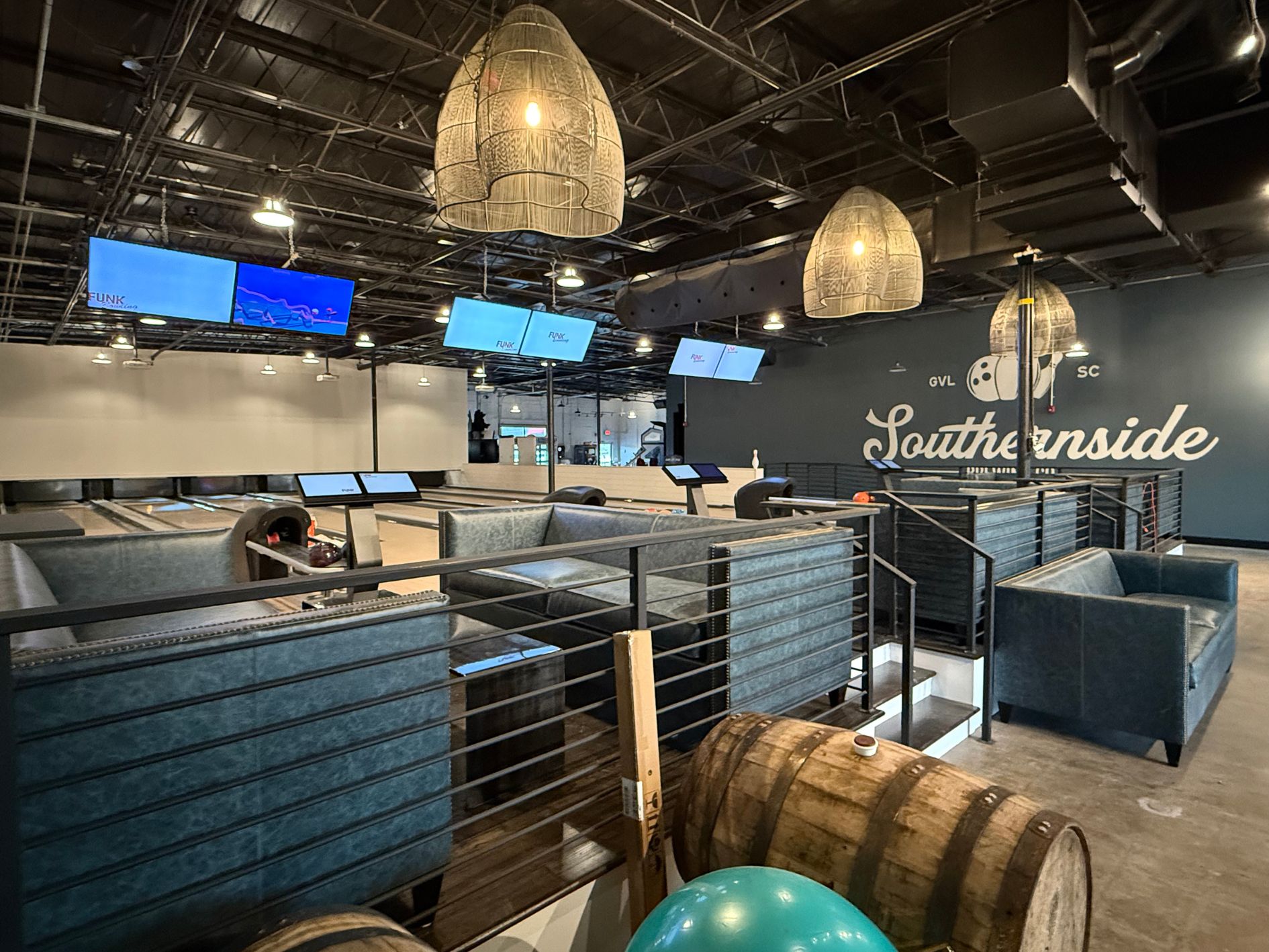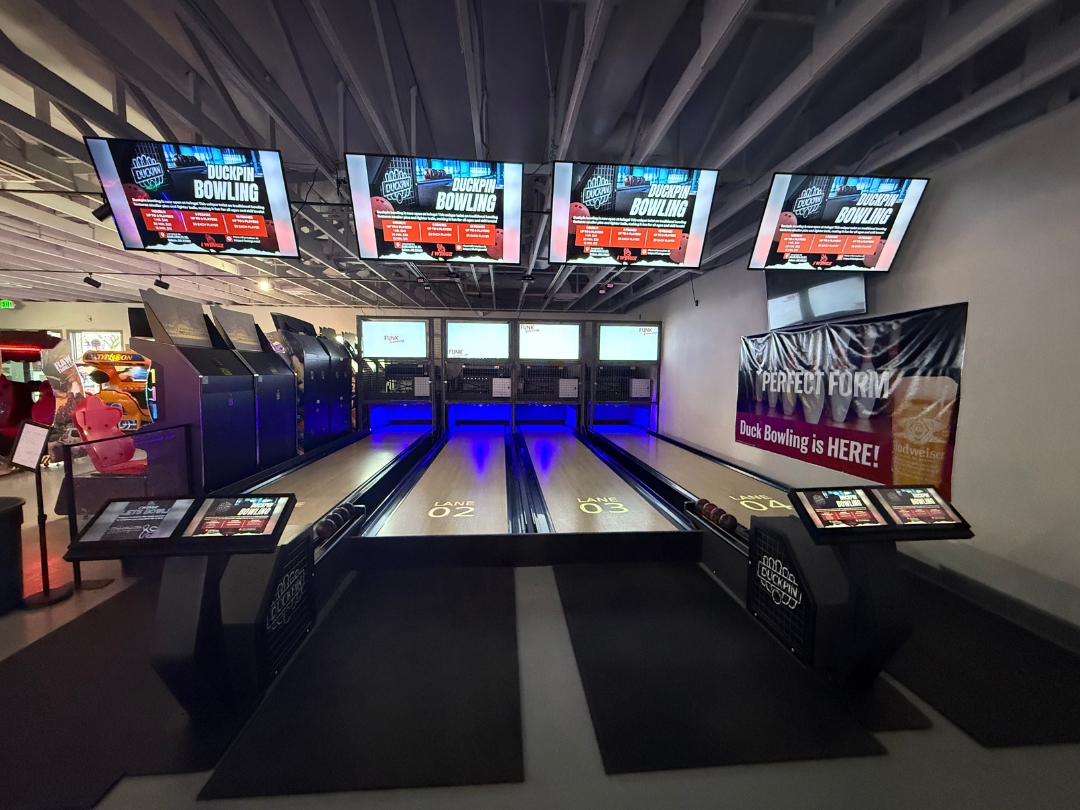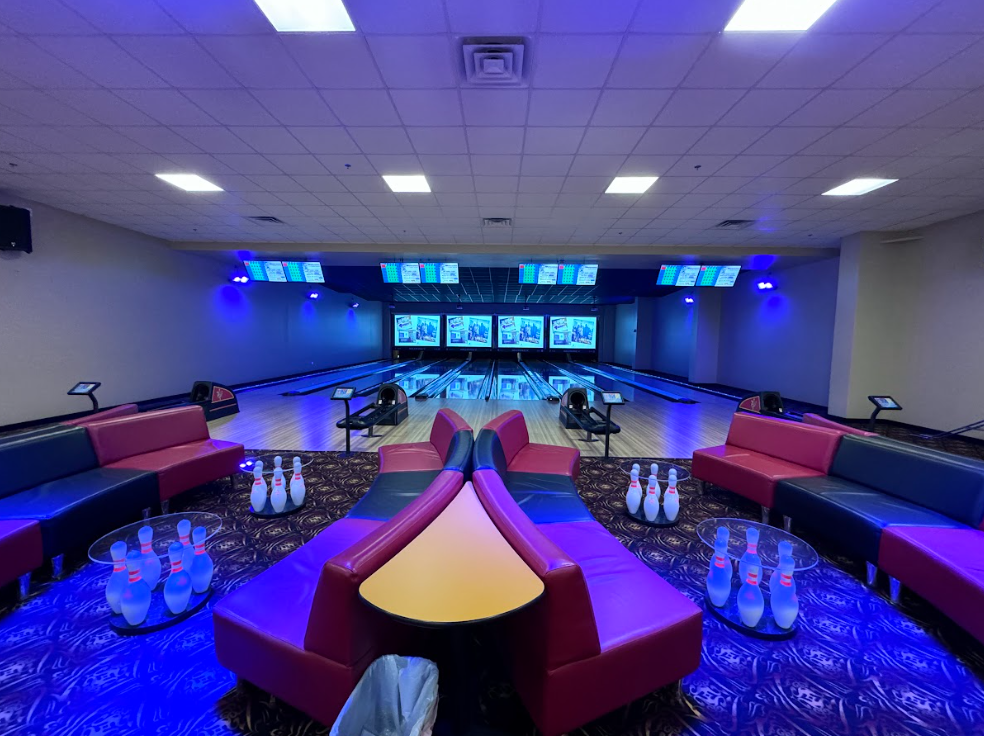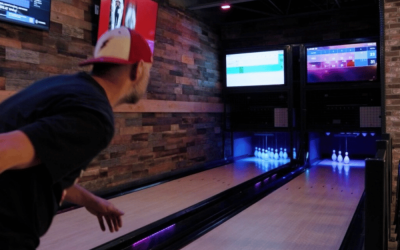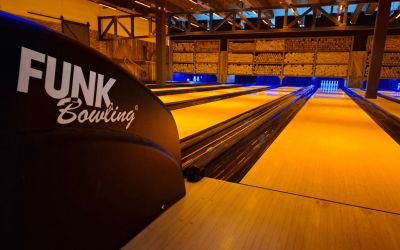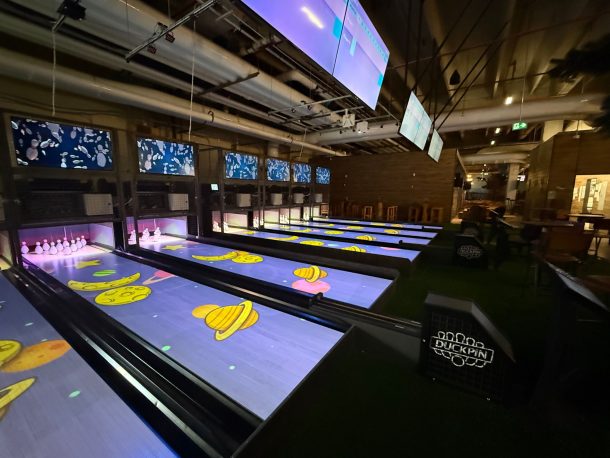130-Year Bowling Legacy
Bowling Built Anywhere
130-Year Bowling Legacy
Bowling Built Anywhere
International String Pinsetter Manufacturer & Bowling Installation Company
Duckpin + Nexus
London, Ontario Welcomes The Ultimate Bowling Experience
Home of The World’s Most In-Play String Pinsetter
Our WORK
Lanes Built Worldwide
Square Feet of Production Space
Years of German Engineering
Family Owned Since 1964
About Funk
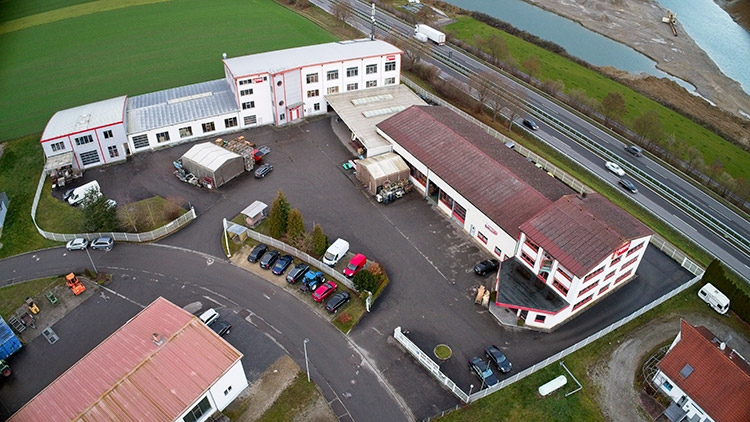
Family owned and operated, Funk and sister company Spellman have over 130 years in the bowling equipment manufacturing and installation business. With 100+ employees and two production facilities combining over 100,000 square feet of production space, Funk is ready to take on any bowling project, big or small. Whether you’re starting a 24-lane bowling alley, or you are looking to design a personal, in-home bowling experience, we’ve seen it all.
The New Industry Standard
Upgrade to String
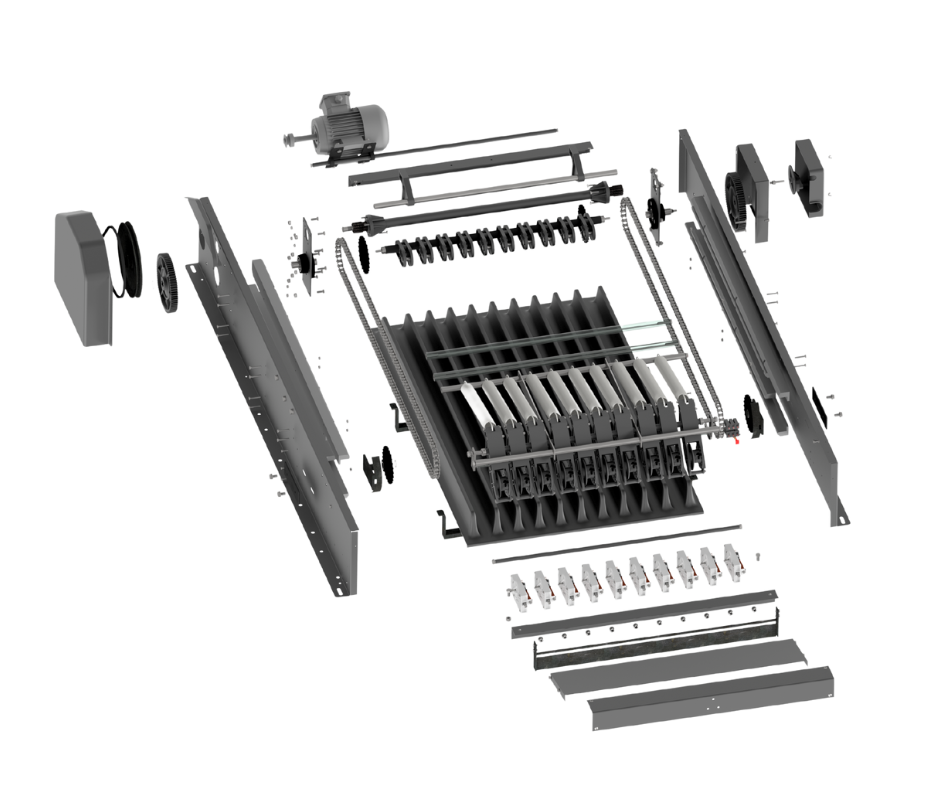
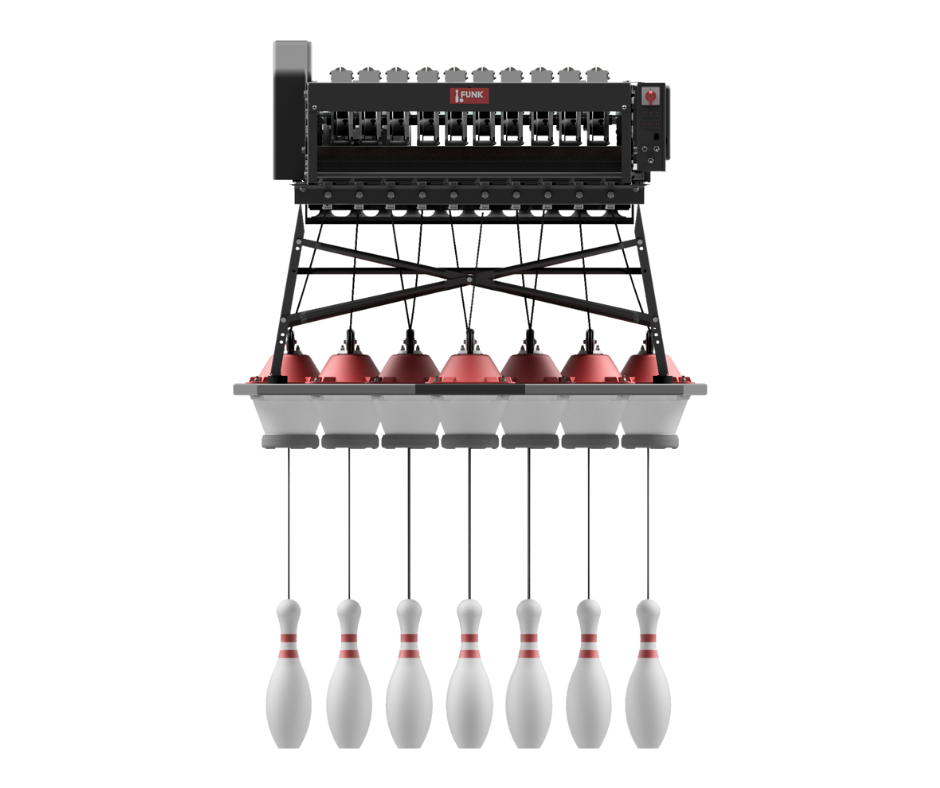
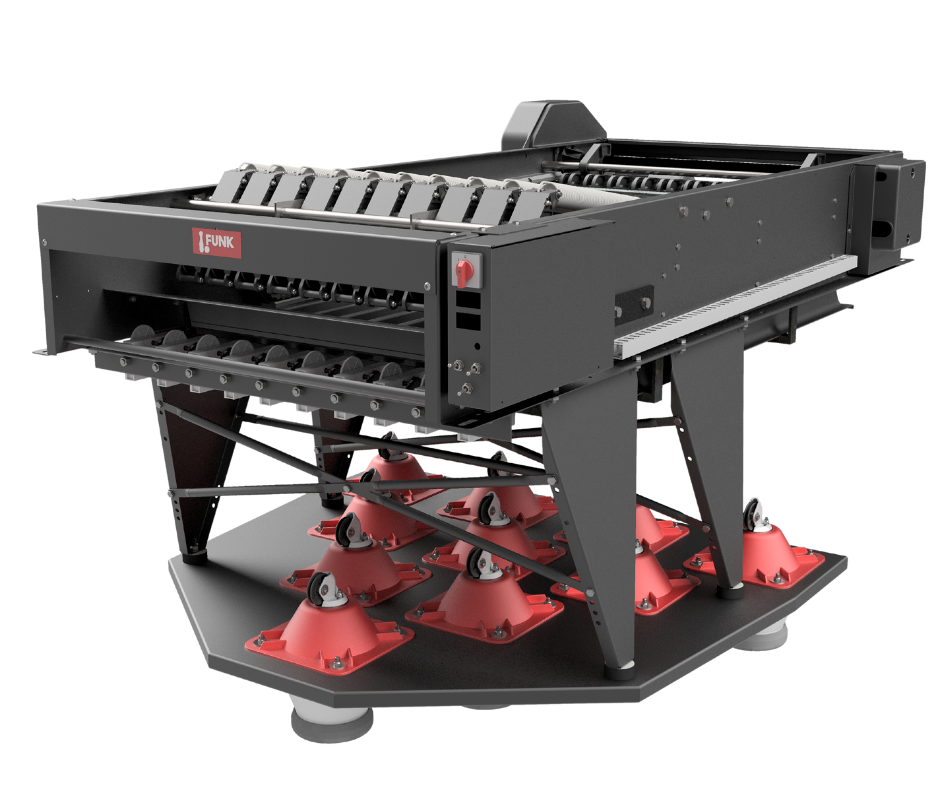
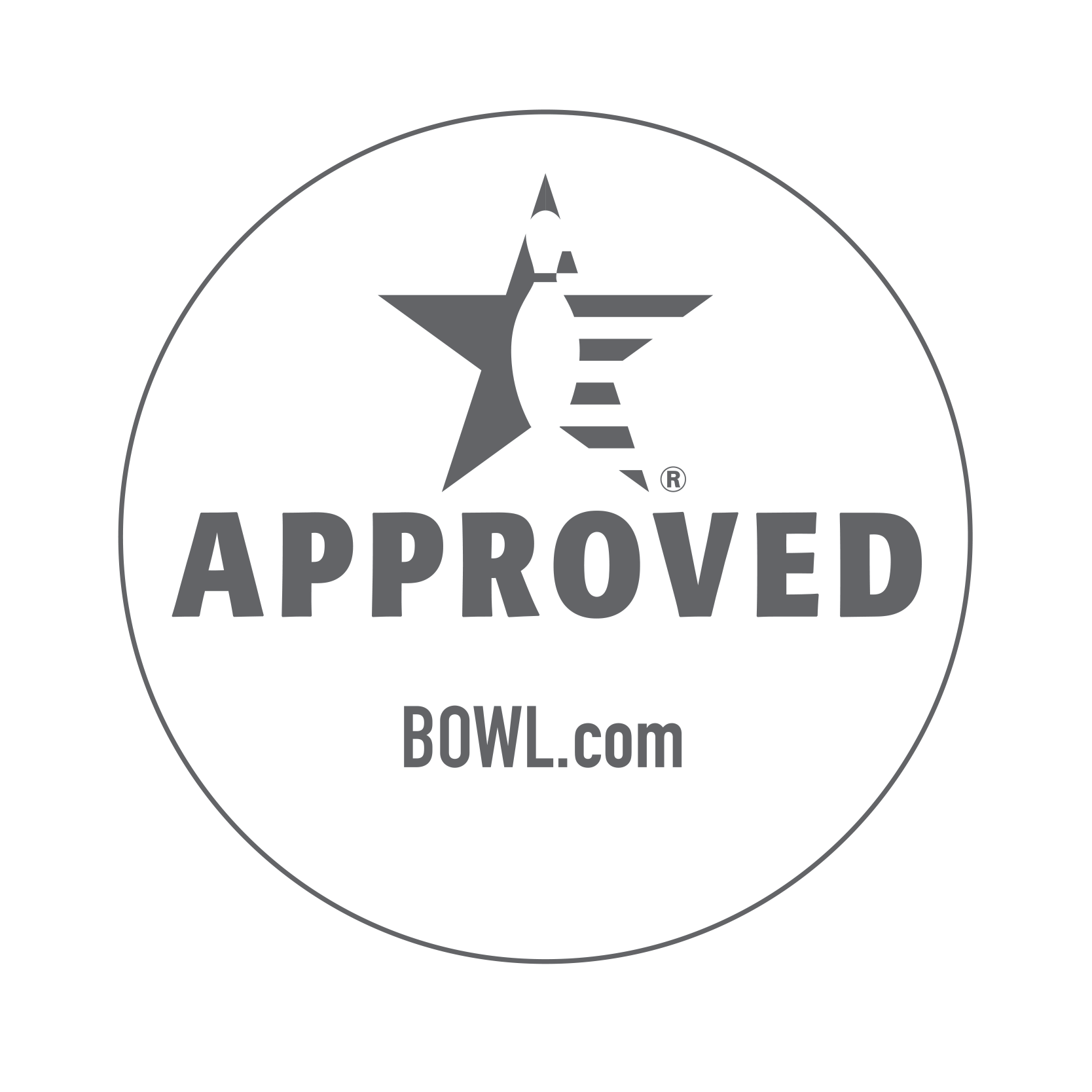
String pinsetters are simply more profitable and offer a faster, more enjoyable bowling experience for your customers. If you’re looking to update your pinsetters, it’s time to upgrade to string!
It is our mission to help our customers develop exciting and innovative bowling experiences that bring people together and we’ve been doing it for decades.
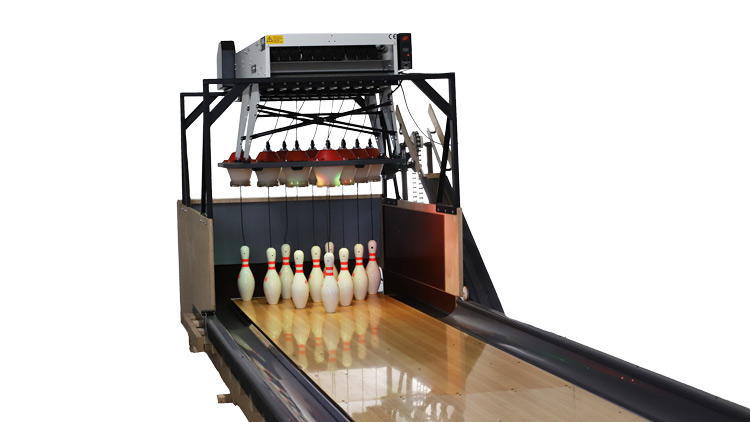
Duckpin Bowling Lanes Bring a New Spin to Diamond Plate Pub & Eatery
At the heart of the Athletic Performance Factory, Diamond Plate Pub & Eatery has introduced an entirely new way for guests to unwind, compete, and connect. With the installation of two sleek Funk duckpin bowling lanes, complete with state-of-the-art Nexus scoring,...
Inside an Iowa Home Build: Custom Duckpin Bowling Lanes that Redefined In-Home Entertainment
In a quiet Iowa neighborhood, a new home build became the setting for one of Funk Bowling’s most personal and rewarding installations to date. What began as a homeowner’s dream to create a standout entertainment space evolved into a two-lane custom project featuring...
Building a Bowling Alley That Performs: How Center Parcs Park Allgäu (Germany) Modernized 10 Lanes for the Next Generation
Building a bowling alley inside a world-class resort is about far more than installing new lanes. It’s about creating an attraction that performs reliably and efficiently day after day, while delivering a guest experience that feels modern, immersive, and memorable....
Bowling Business FAQs
What’s the most expensive aspect about running a bowling business?
Simply put, maintenance. The biggest contributor of these maintenance costs is the traditional free-fall pinsetter. Free-fall pinsetters can have thousands of moving parts, any of which can malfunction and cause a breakdown. This is why many bowling alleys that utilize free fall pinsetters have an on-site, full-time mechanic to make sure the equipment stays up and running.
Given that the free-fall pinsetter results in so much required maintenance and the associated costs, many bowling businesses are turning to the string pinsetter. Widely used in Europe, the string pinsetter eliminates the need for a full-time mechanic and the majority of the repairs and maintenance can be conducted by any of your existing staff.
How profitable is a bowling business?
Every business and market are different. Some bowling experiences focus on offering a broad range of entertainment options and diversify the revenue stream. Some focus just on bowling and food and drinks. Either way, Bowling.com offers some figures as to the financial impact each bowling lane can potentially have on a bowling business. The article says:
“A bowling center averaging 11,000 games per year generates about $36,750 per lane annually.”
How much space do I need for each bowling lane?
The average length of a bowling lane can be anywhere from 90 to 100 feet. The standard length of a lane from the foul line to the back of hte pin deck is 63 feet (1920 centimeters). The standard approach is usually 15 to 16 feet (457 to 488 centimeters). Additional length is needed for the pinsetter (Funk’s string pinsetter requires an additional 5 feet and 3 inches (160 centimeters). Finally, the seating area can vary but typically ranges from 8 to 12 feet (245 to 366 centimeters). All of these measurements are standard but everything is customizable.
In terms of width, two lanes with an above ground ball return usually comes to aboue 11 feet and 7 inches (354 centimeters). For two lanes with an underground ball return, expect to dedicate 11 feet and 4 inches (345 centimeters).
How much does it cost to build a bowling lane?
Every bowling project is unique. With so many options and customizations to choose from, it is difficult to offer general pricing information. From design to installation, there are many choices bowling business owners have, which is why we build custom quotes to fit your needs. Contact us today to request a quote for your bowling project.
